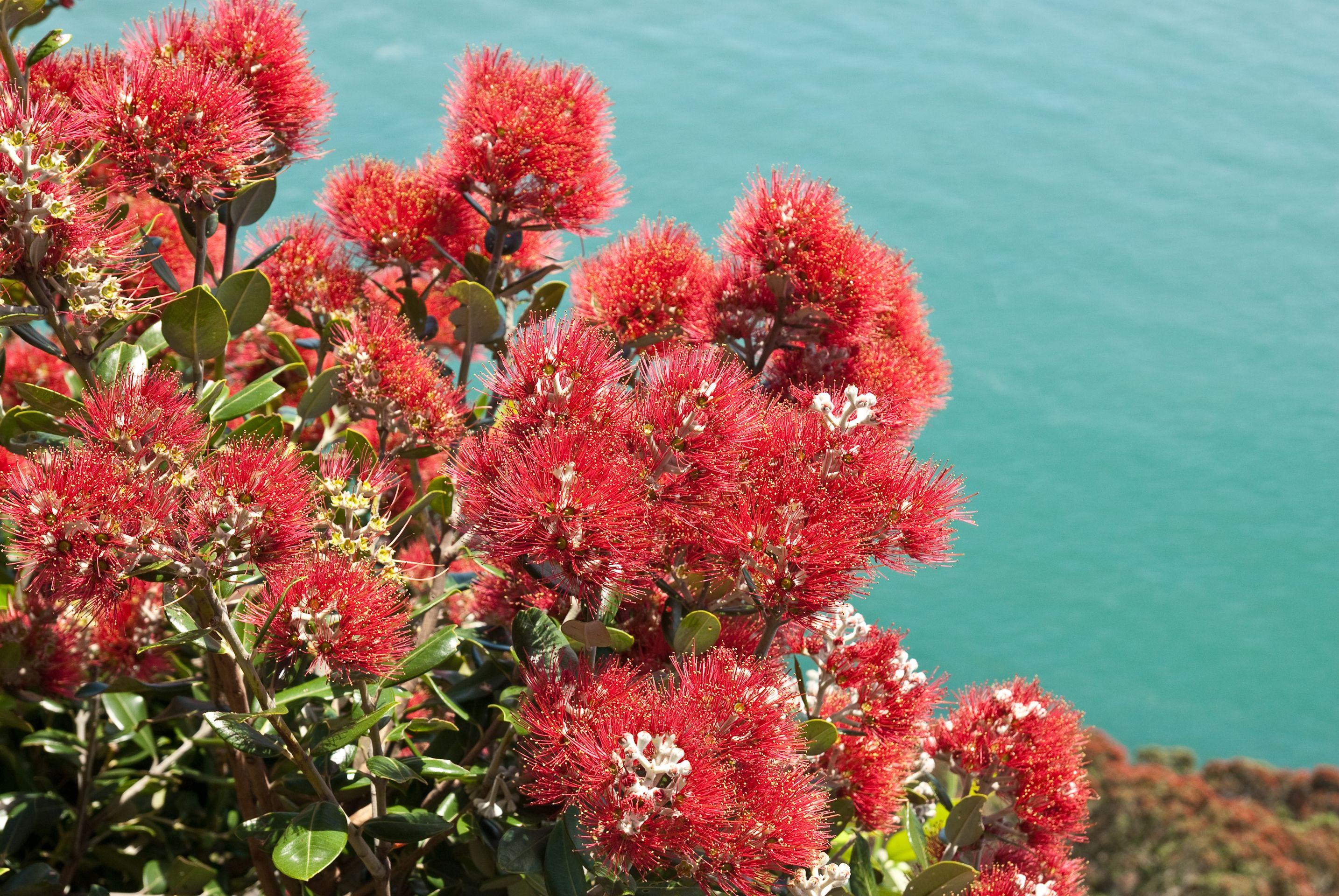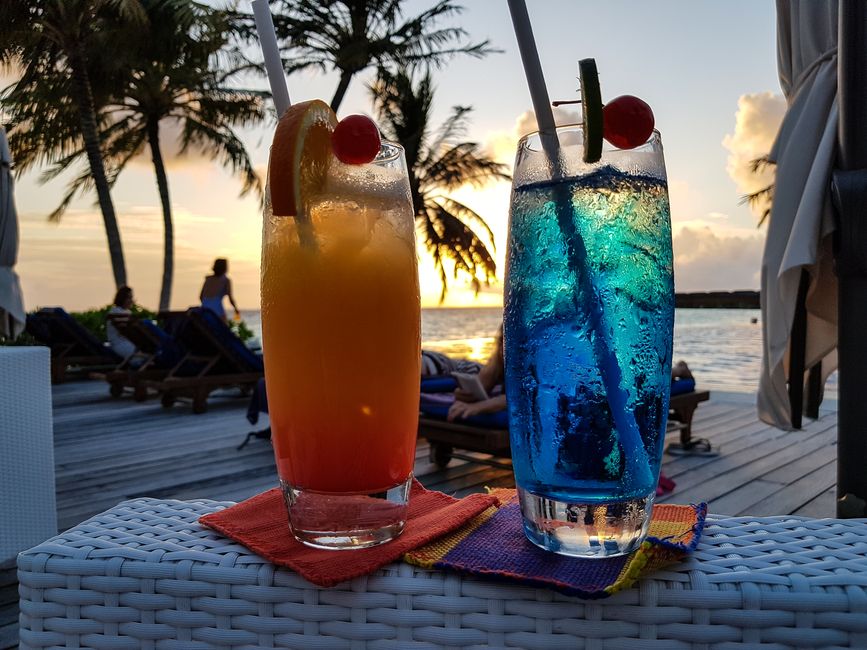Rotorua
Objavljeno: 29.04.2023
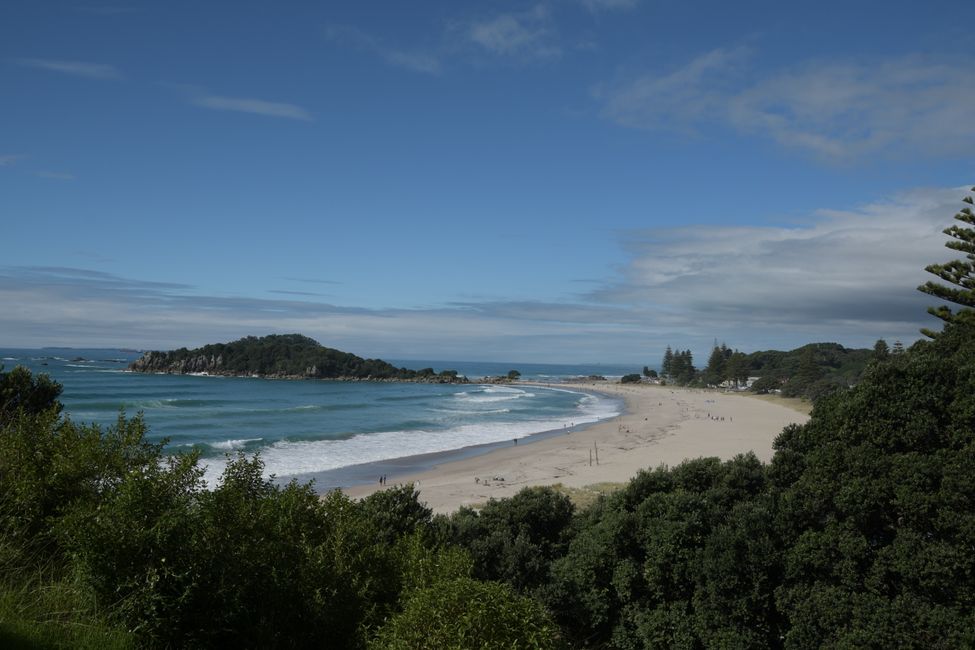
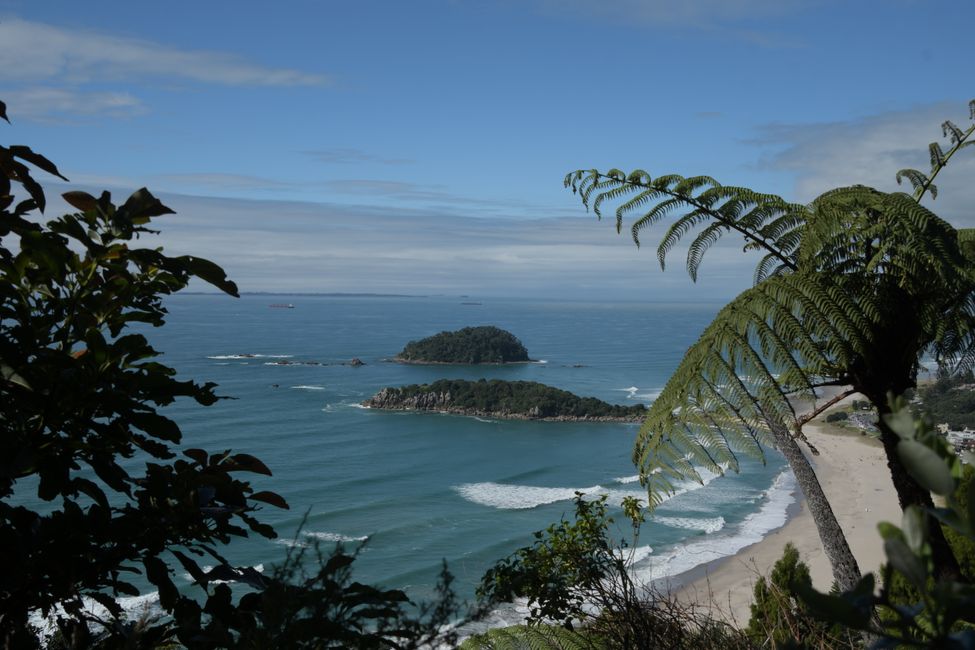
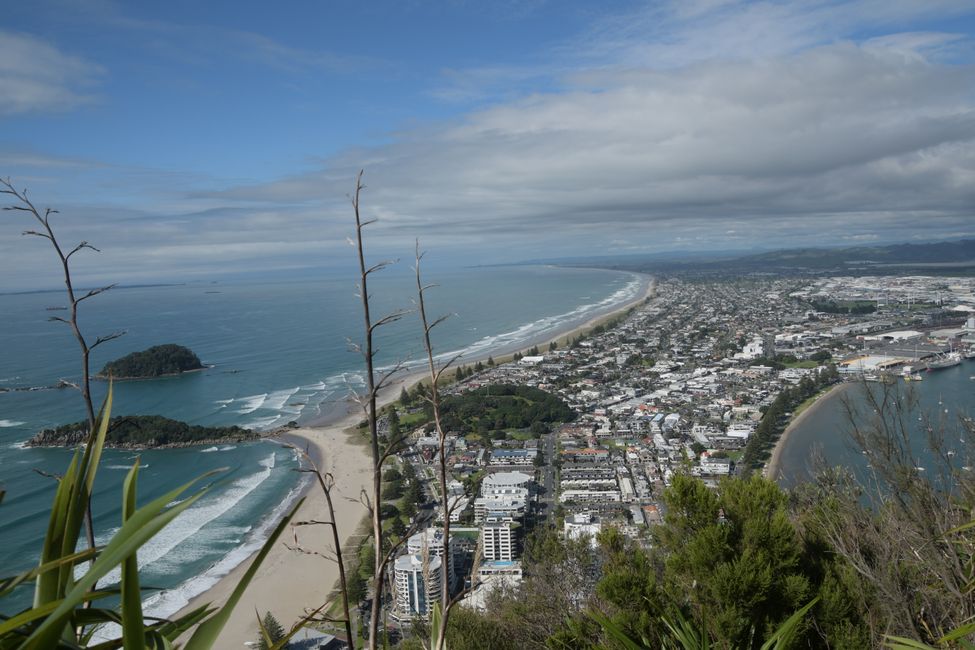
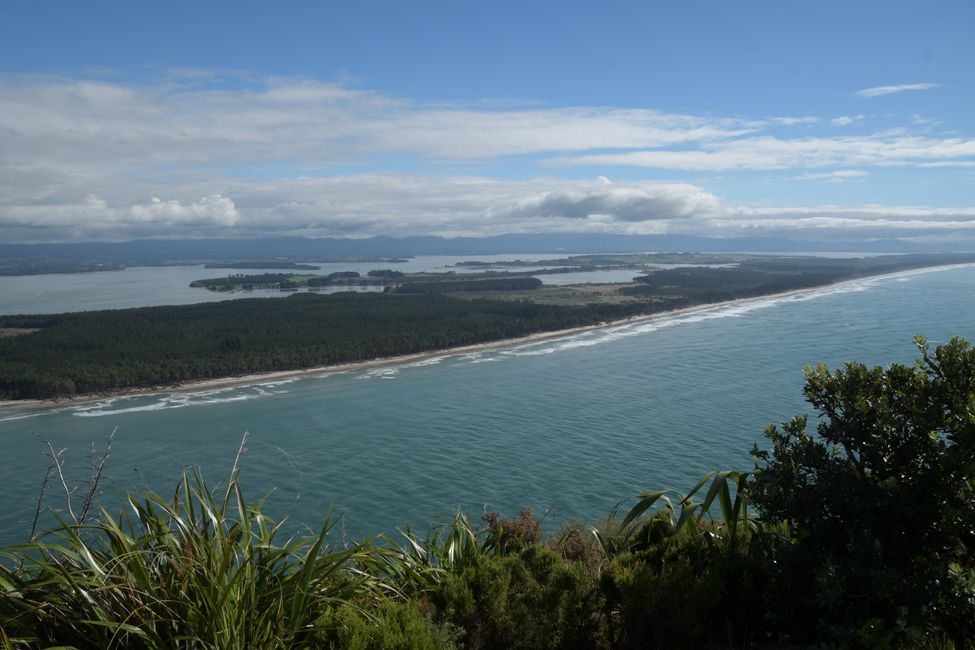
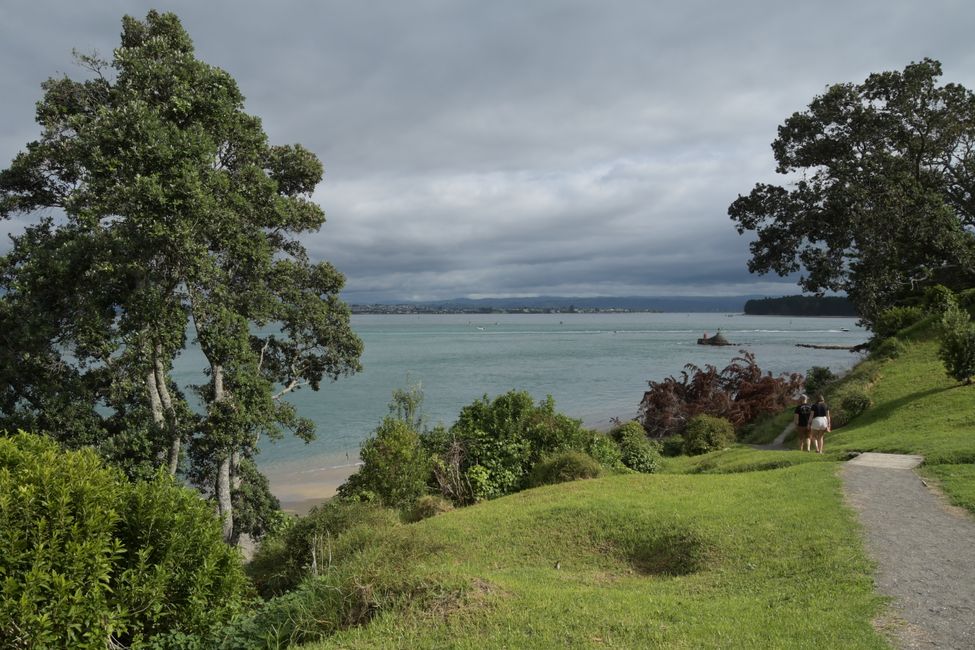
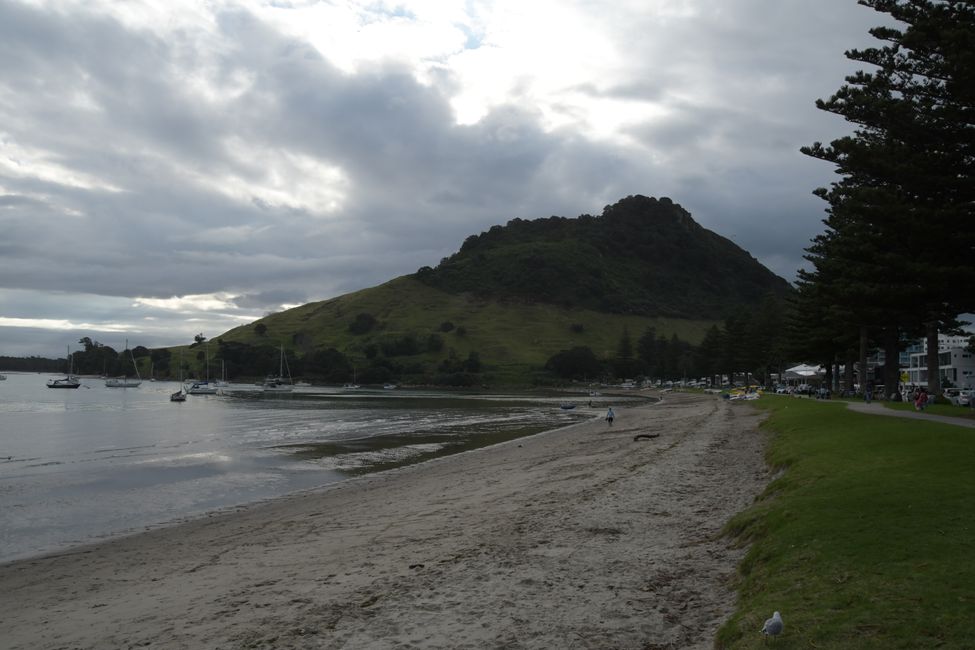
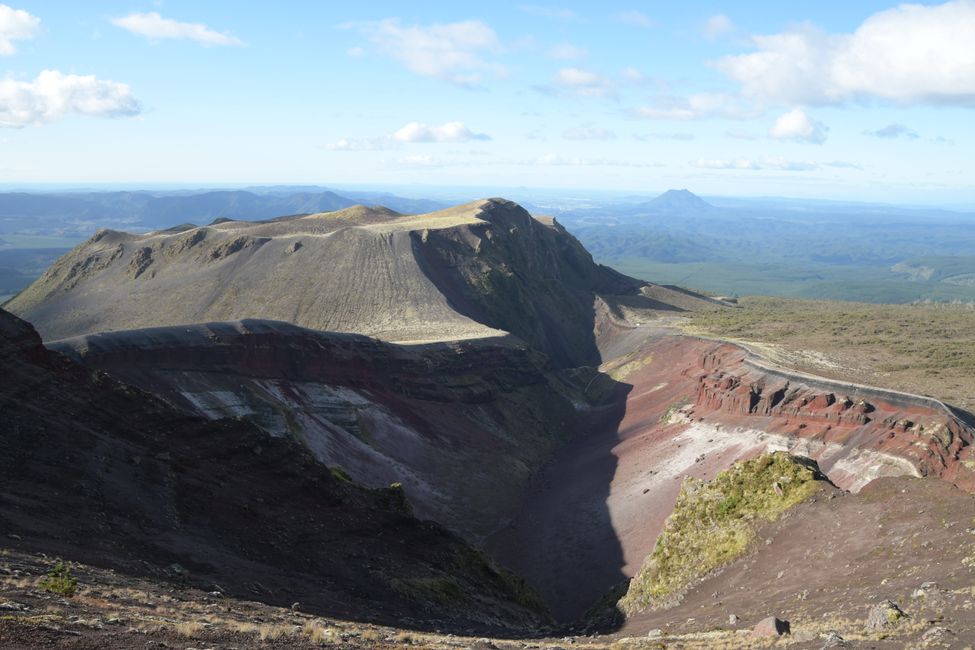
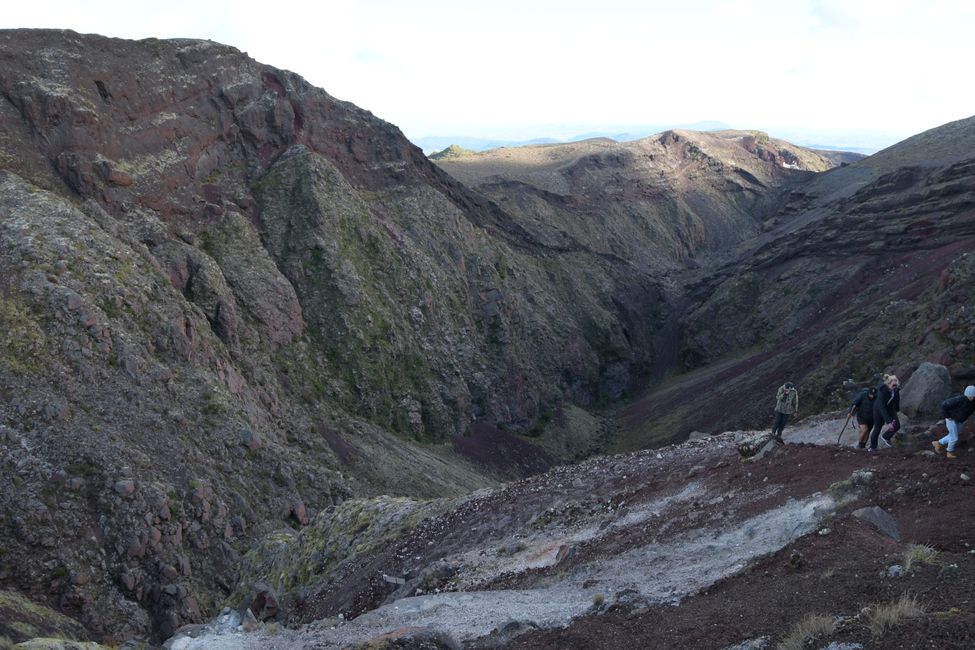
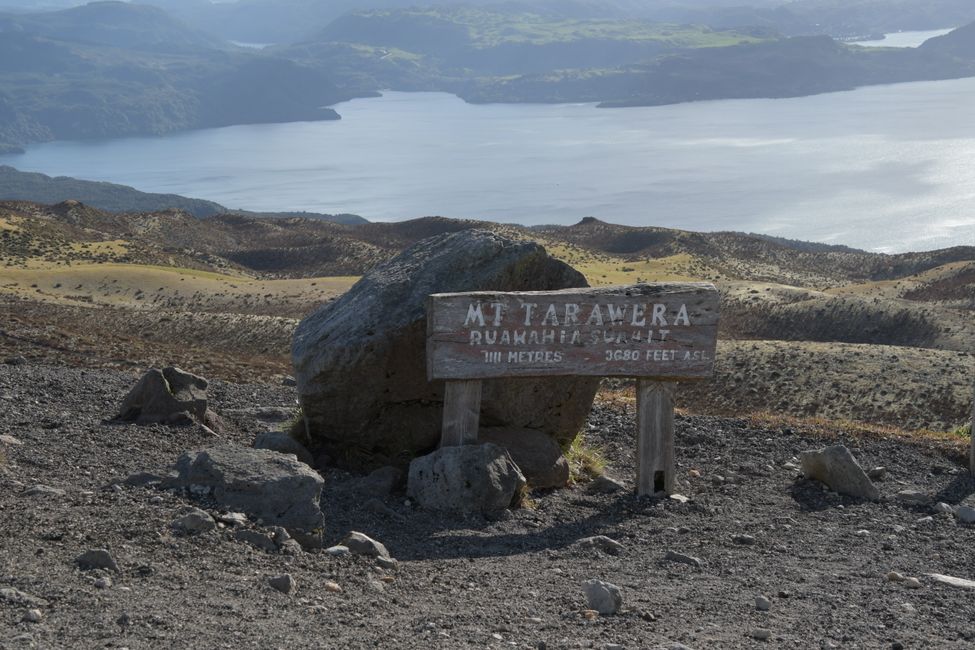
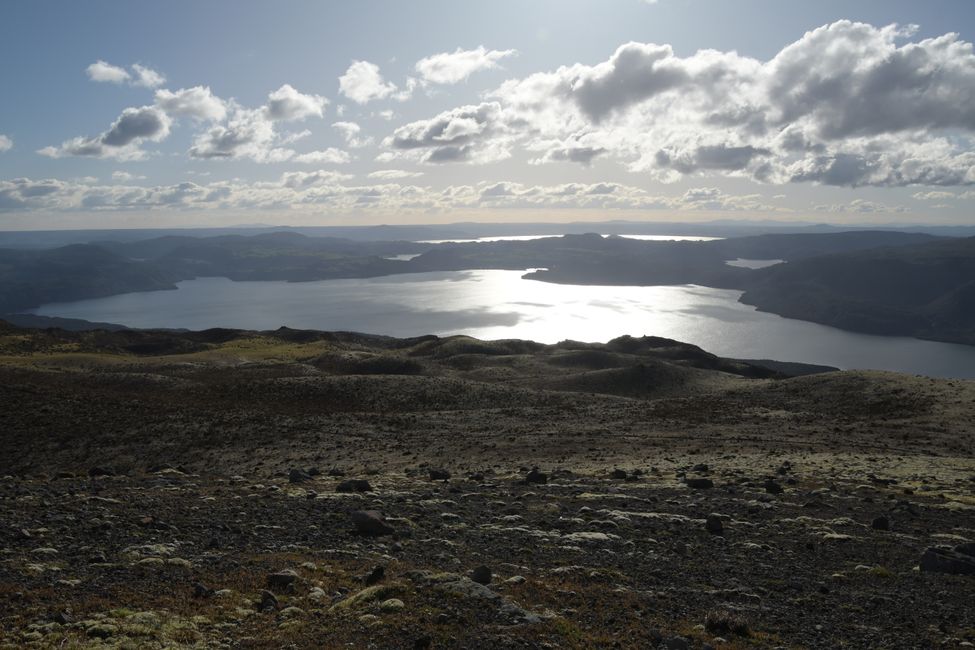
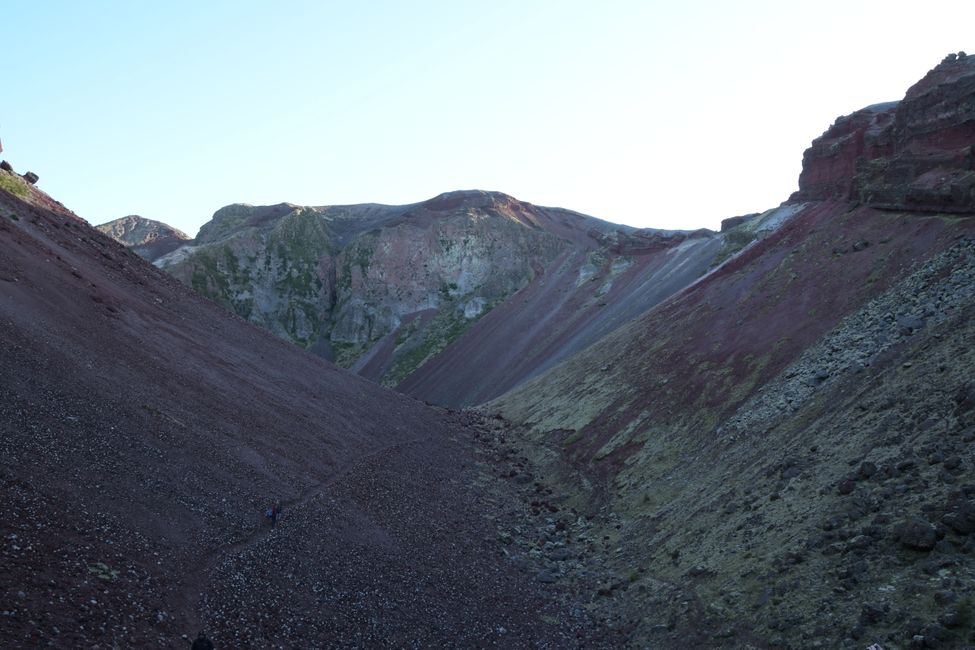
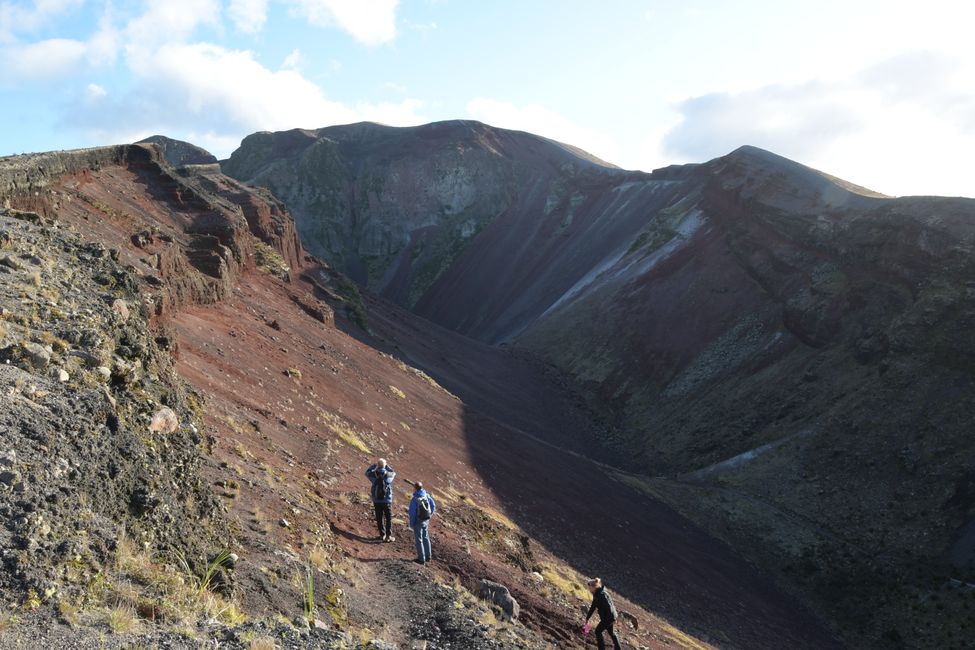
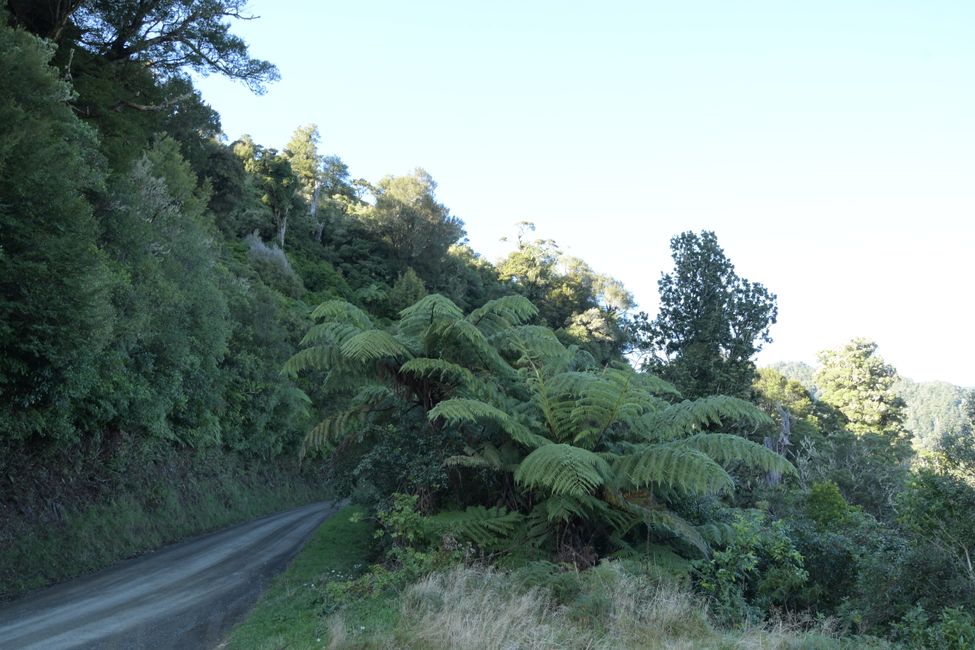
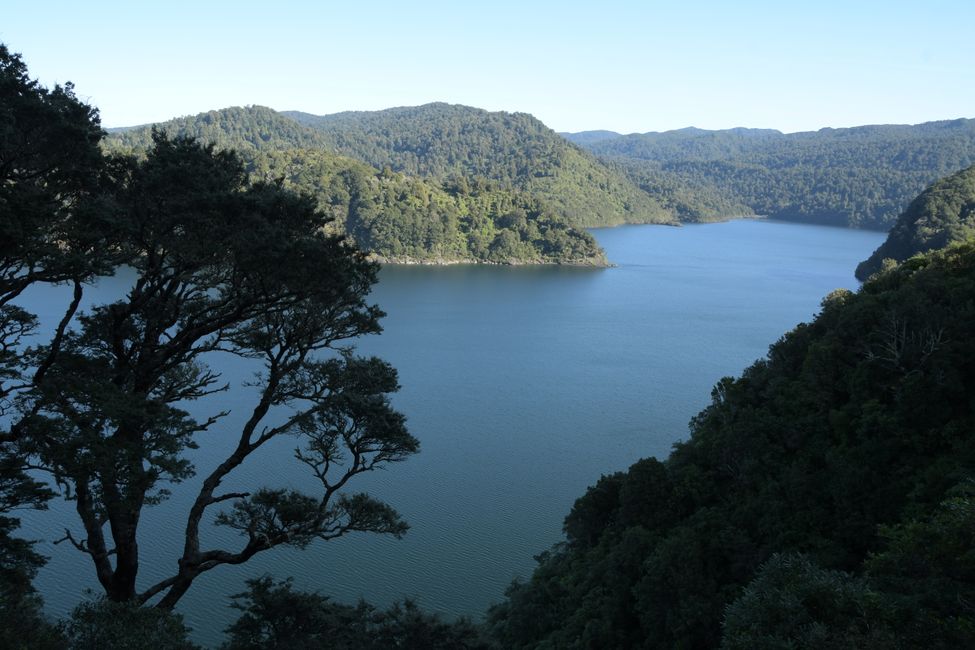
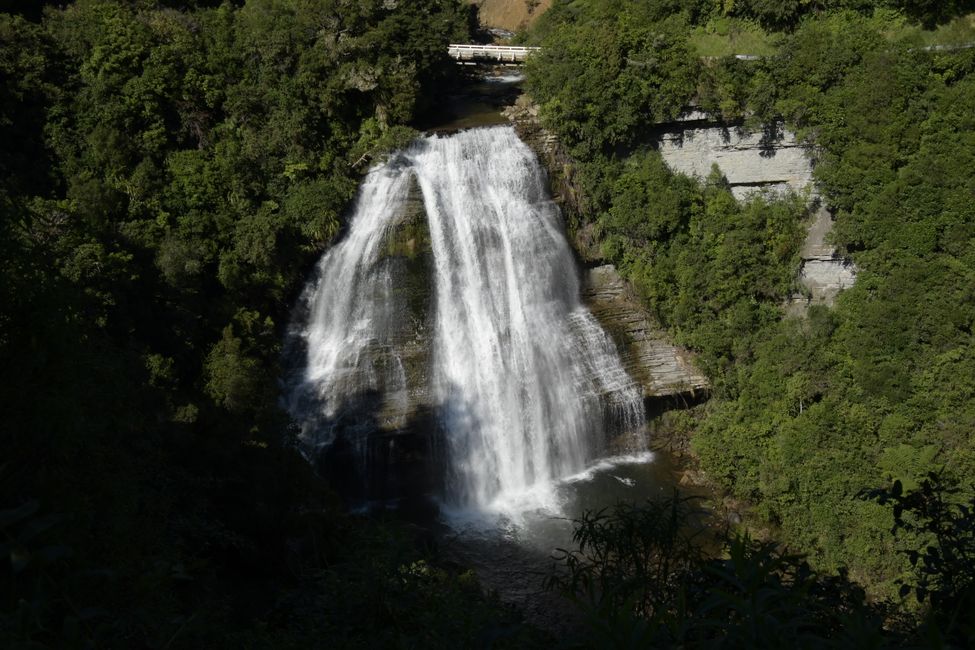
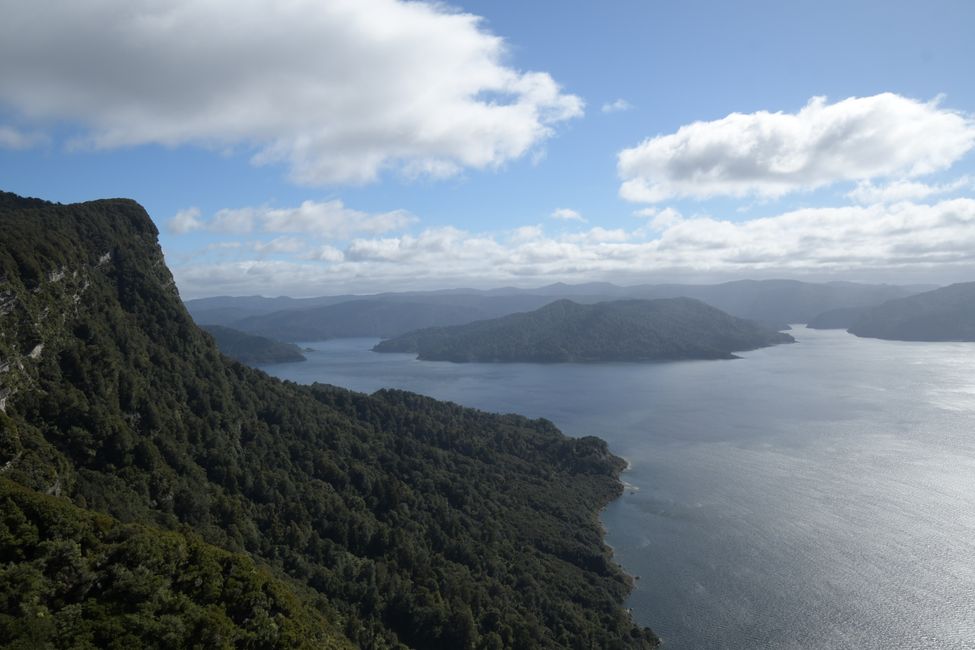
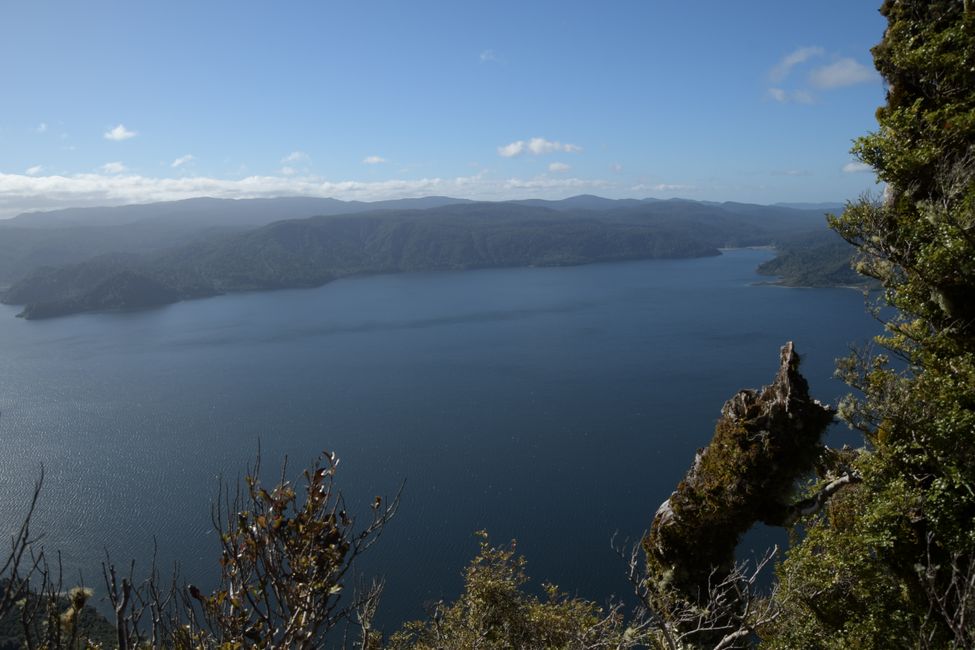
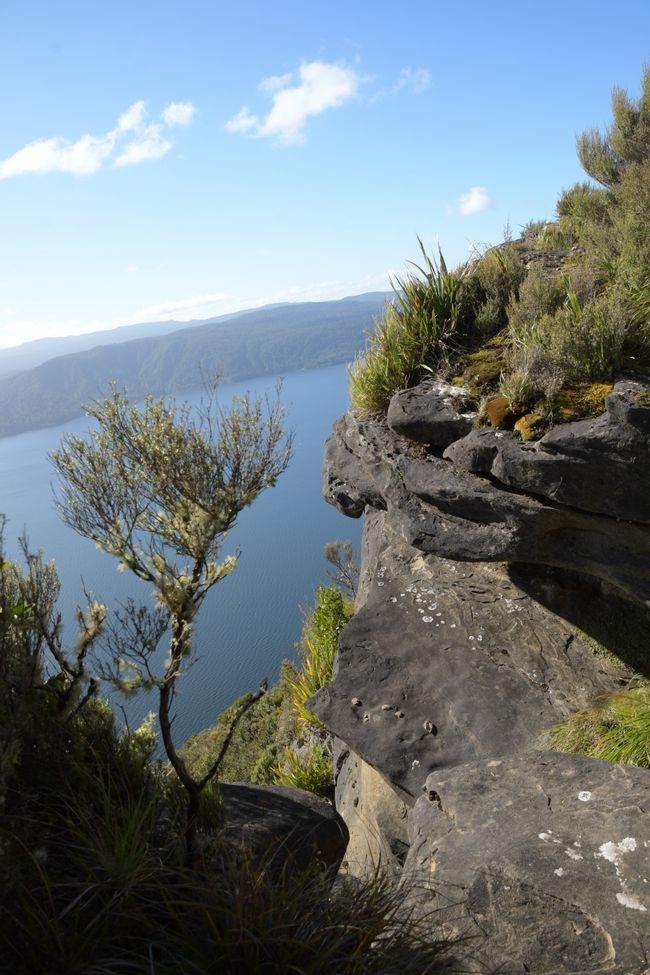
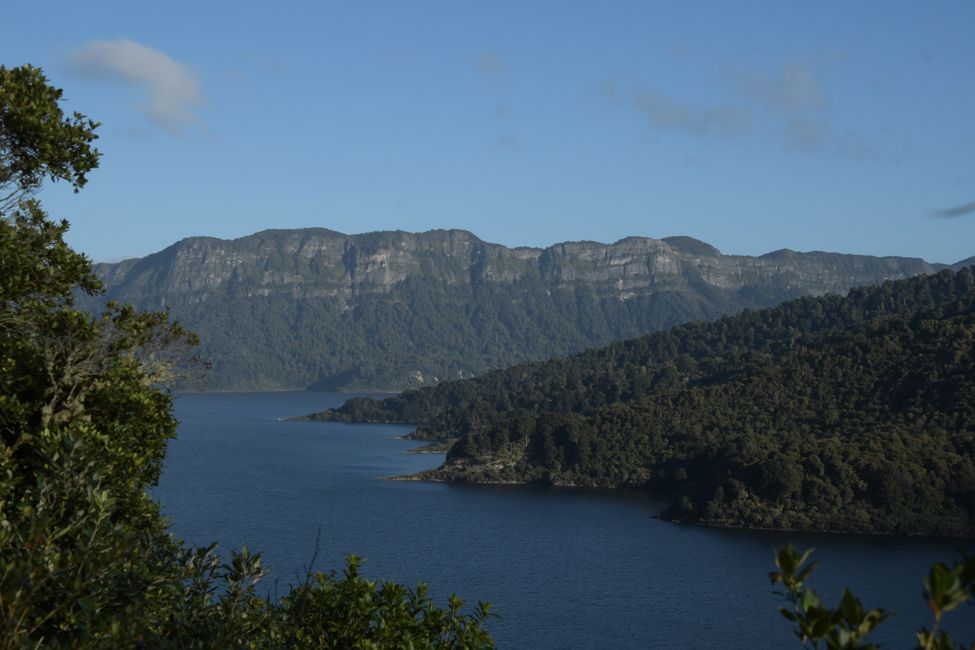
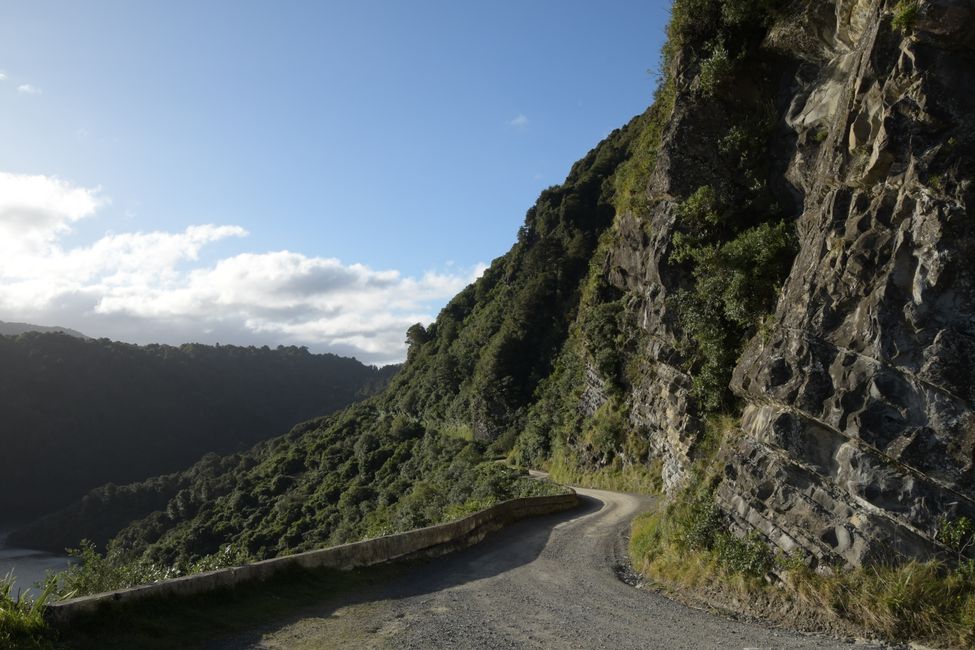
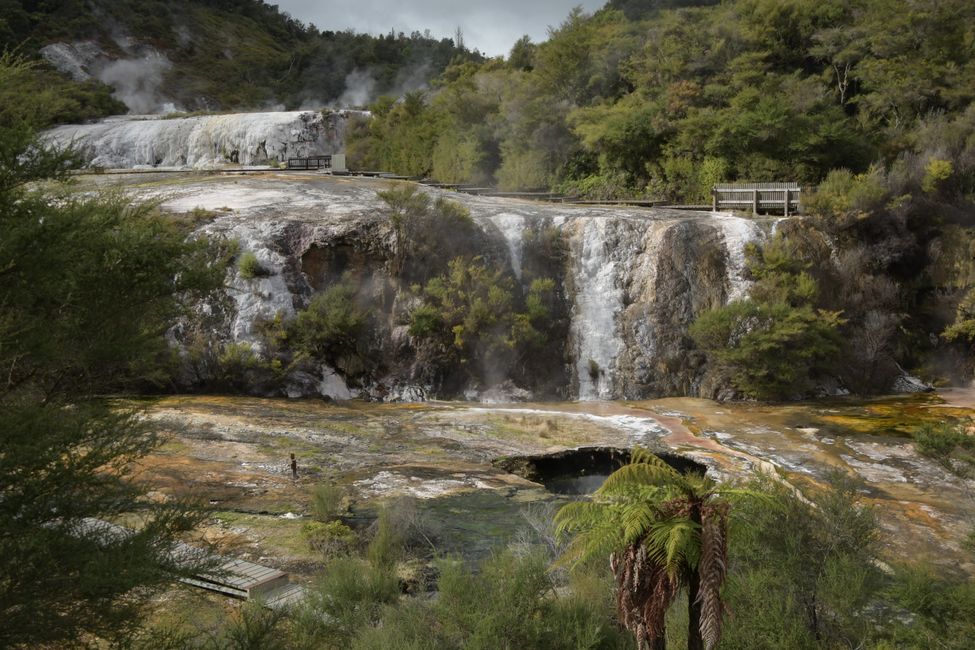
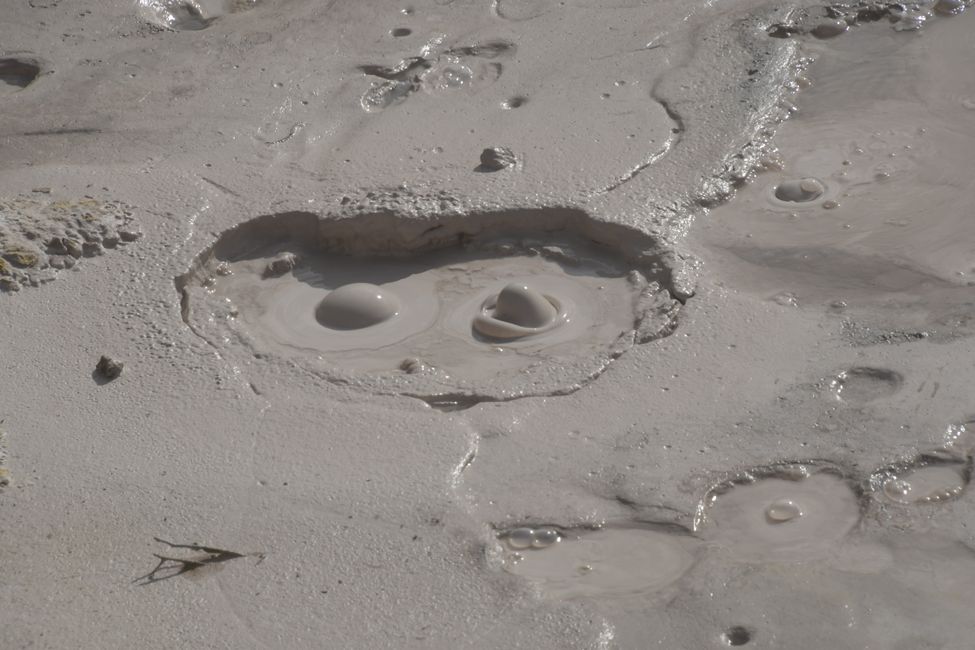
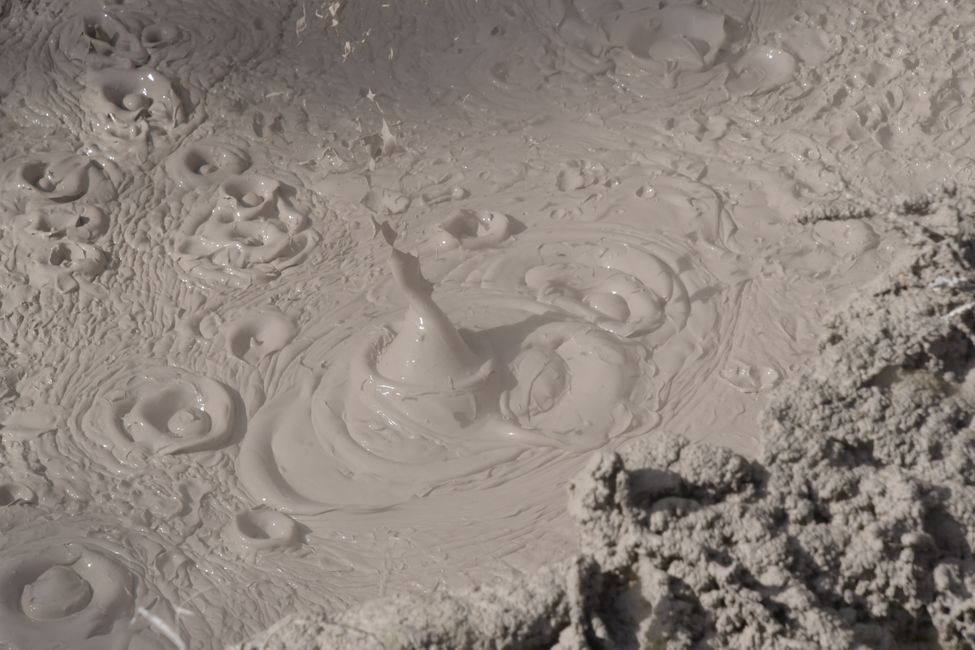
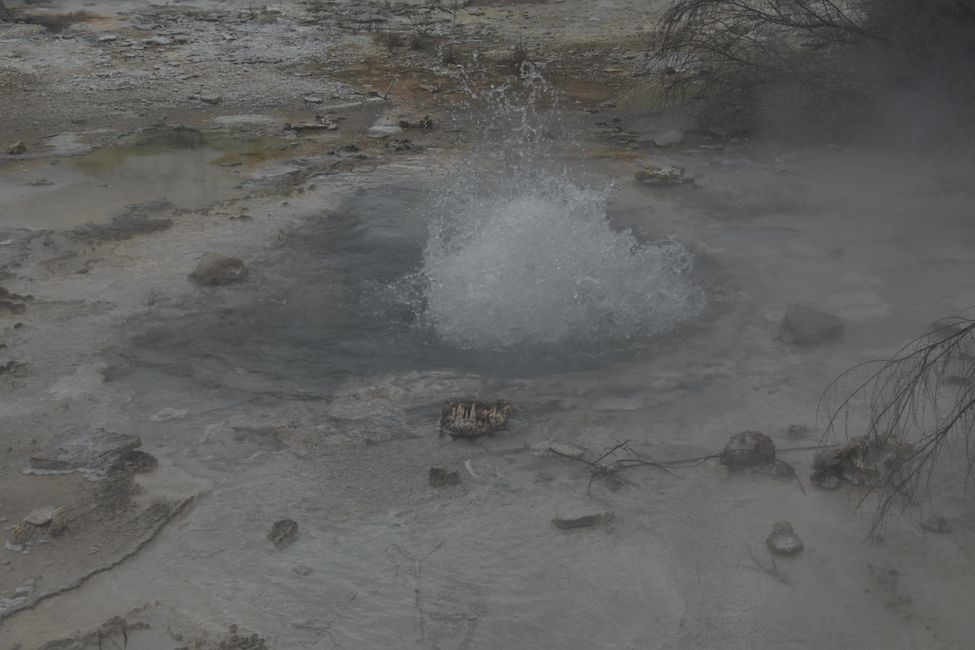
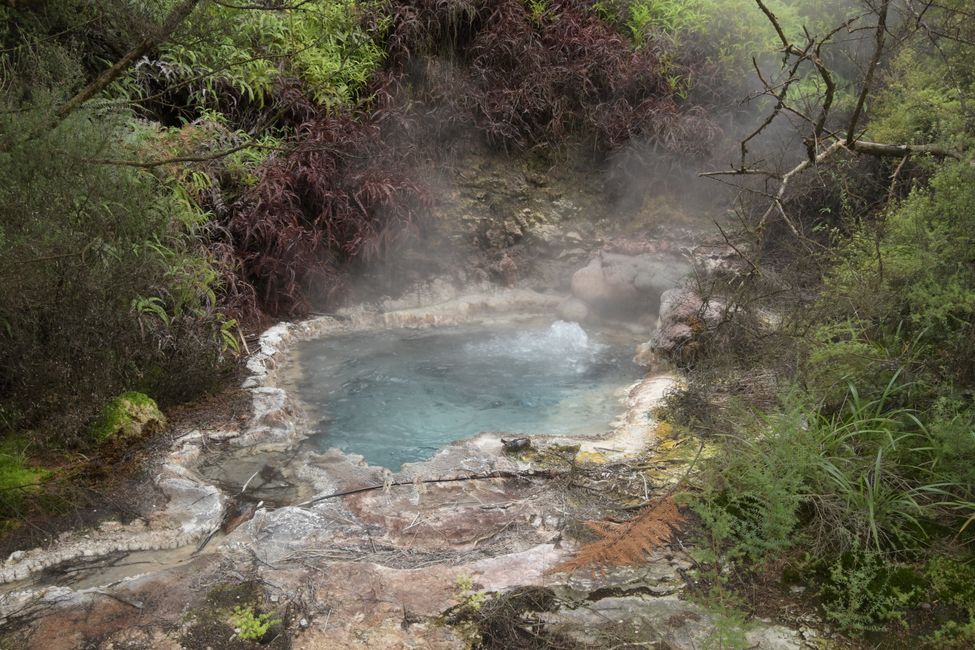
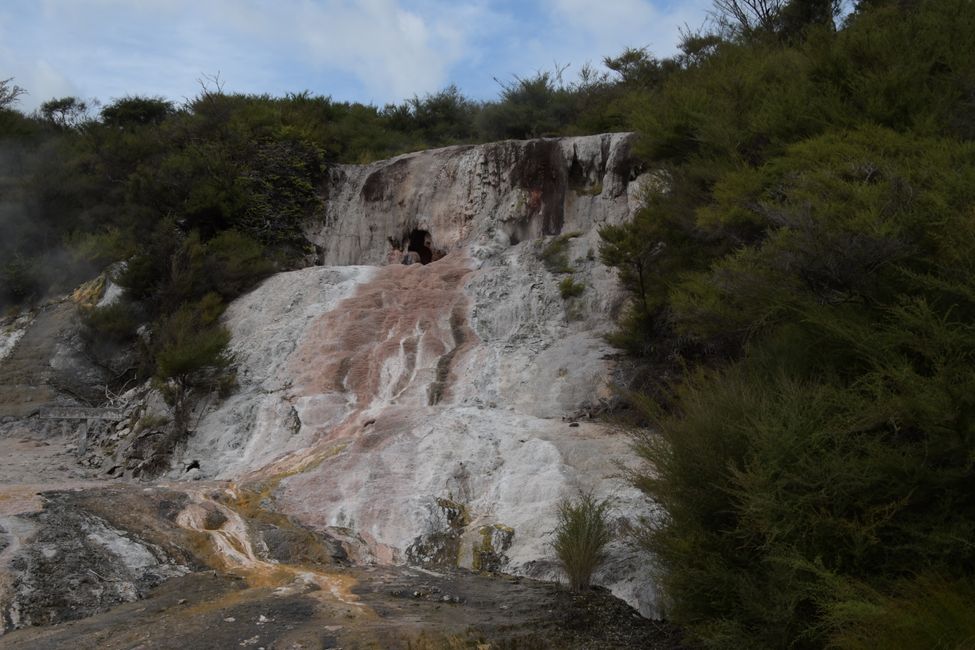
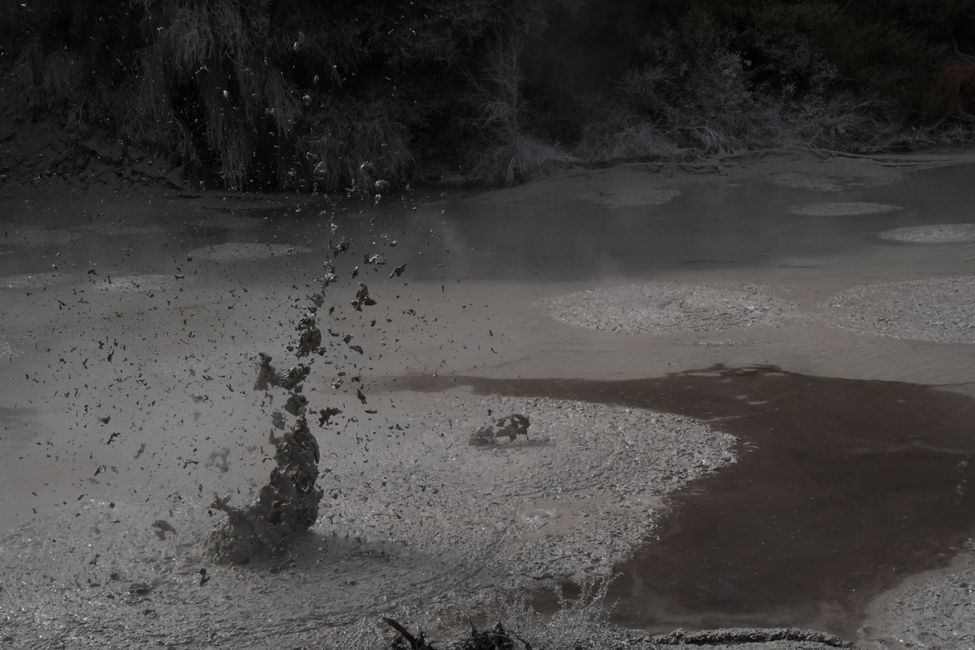
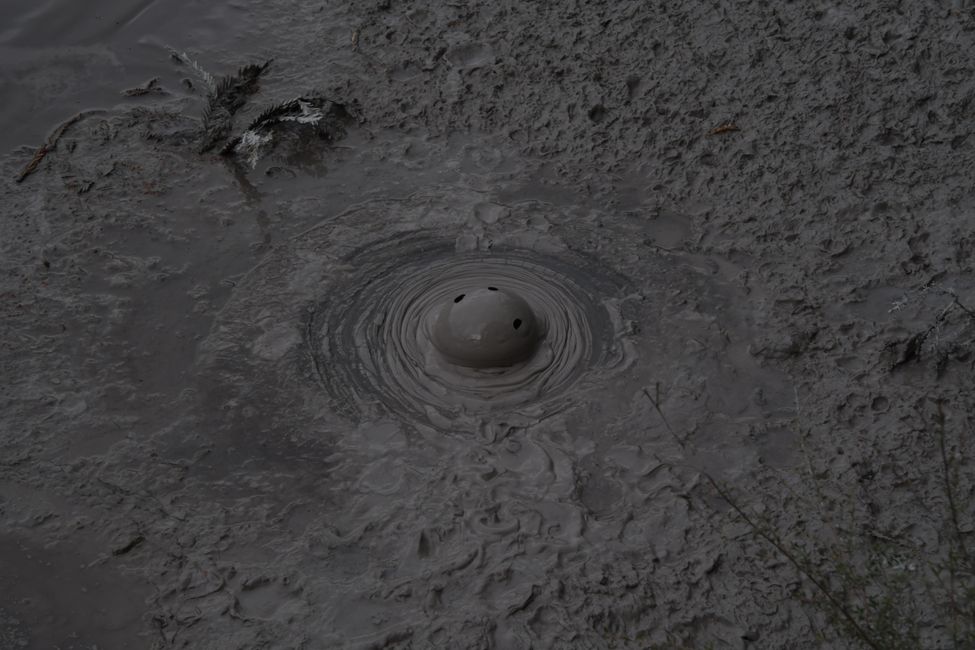
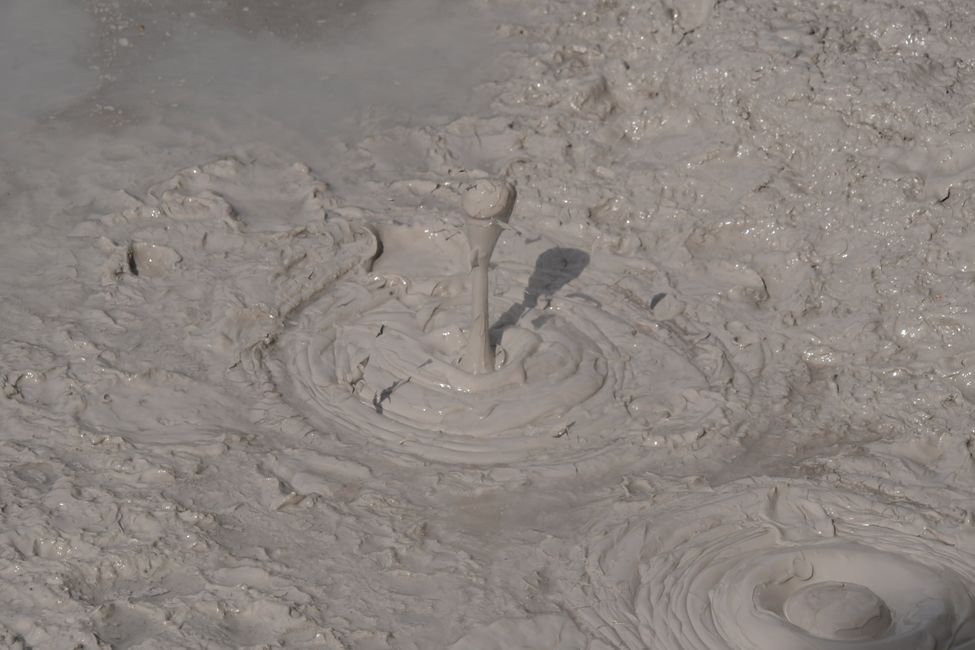
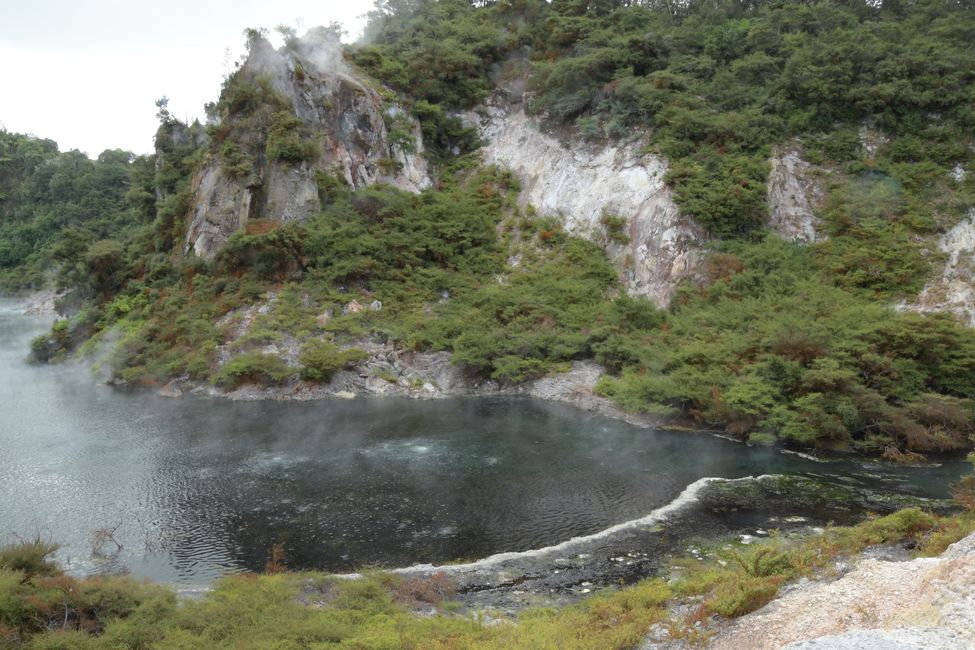
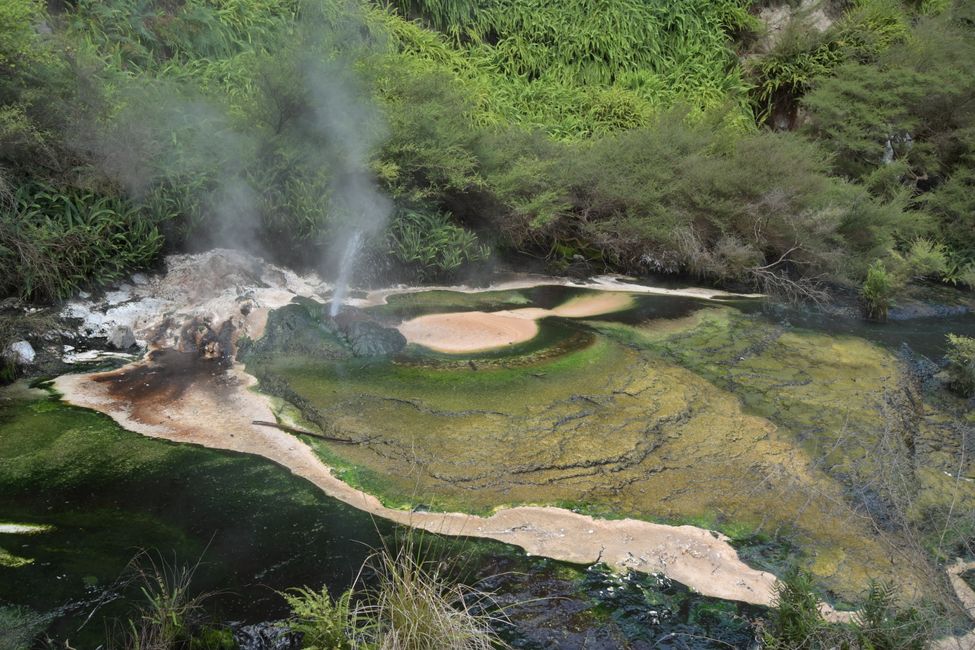
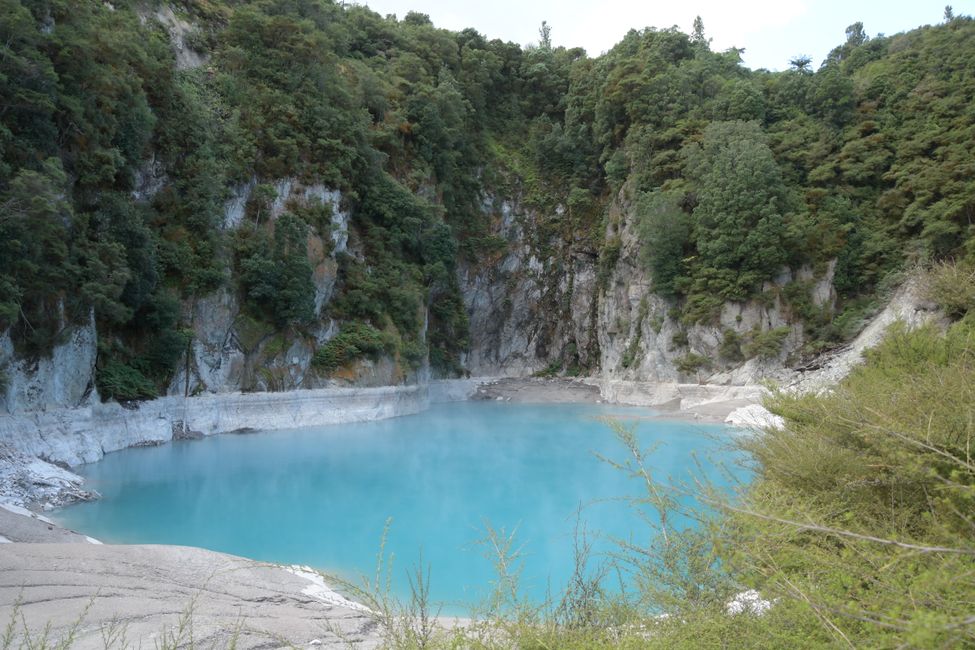
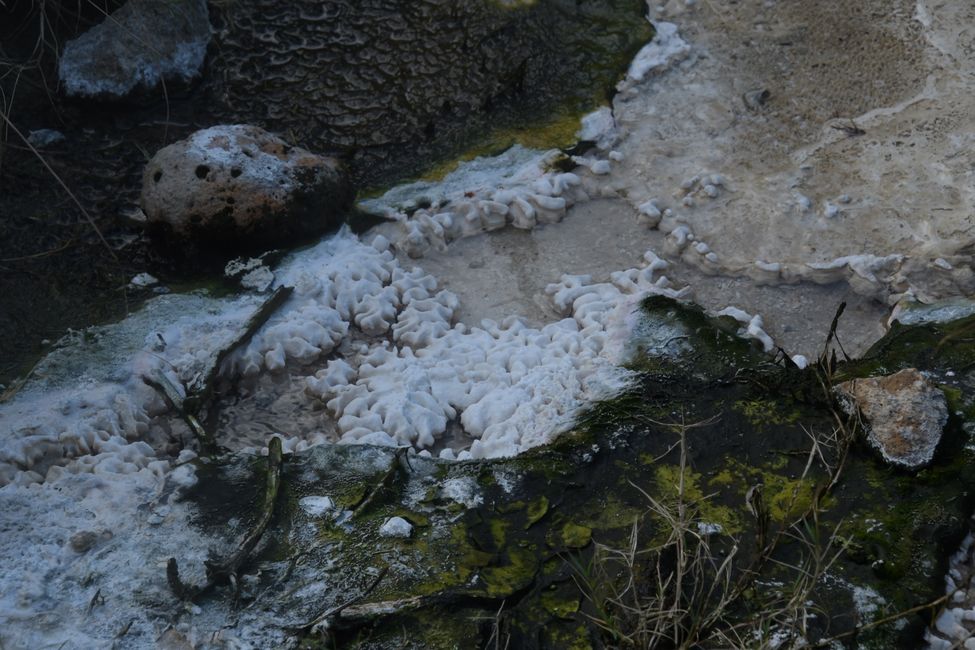
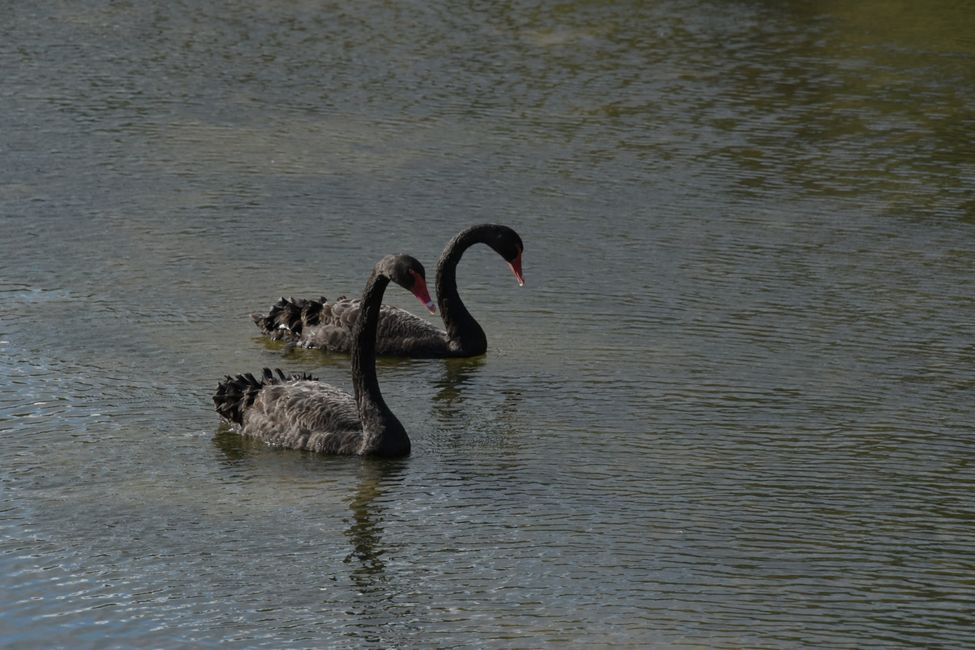
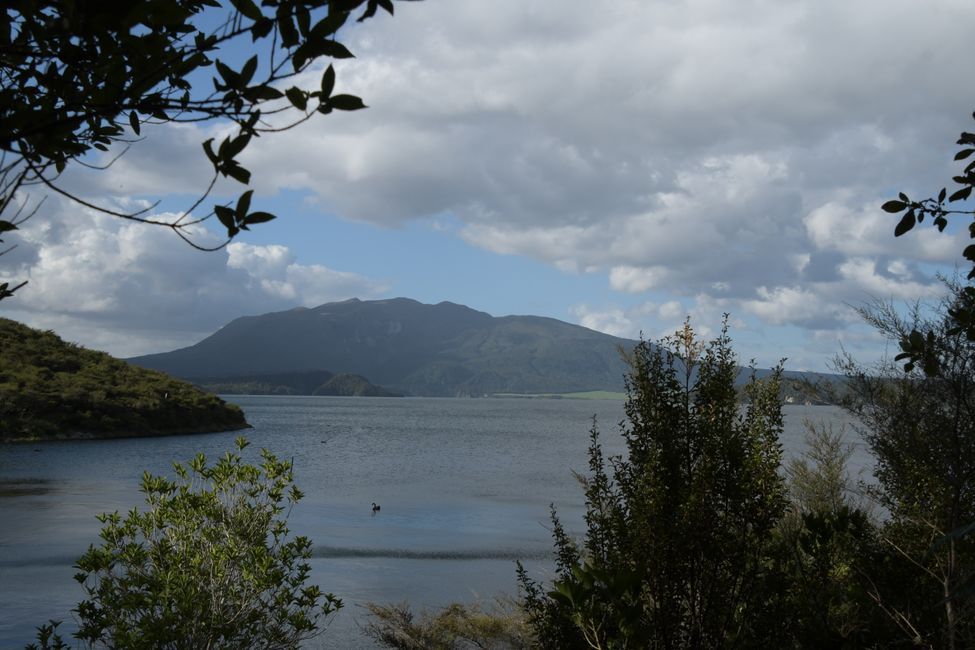
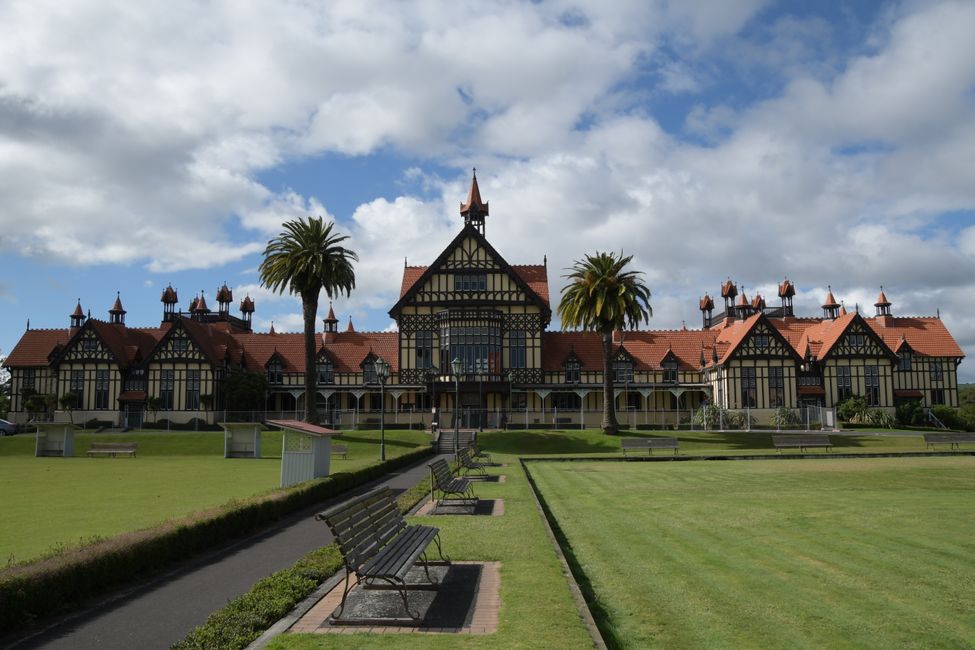
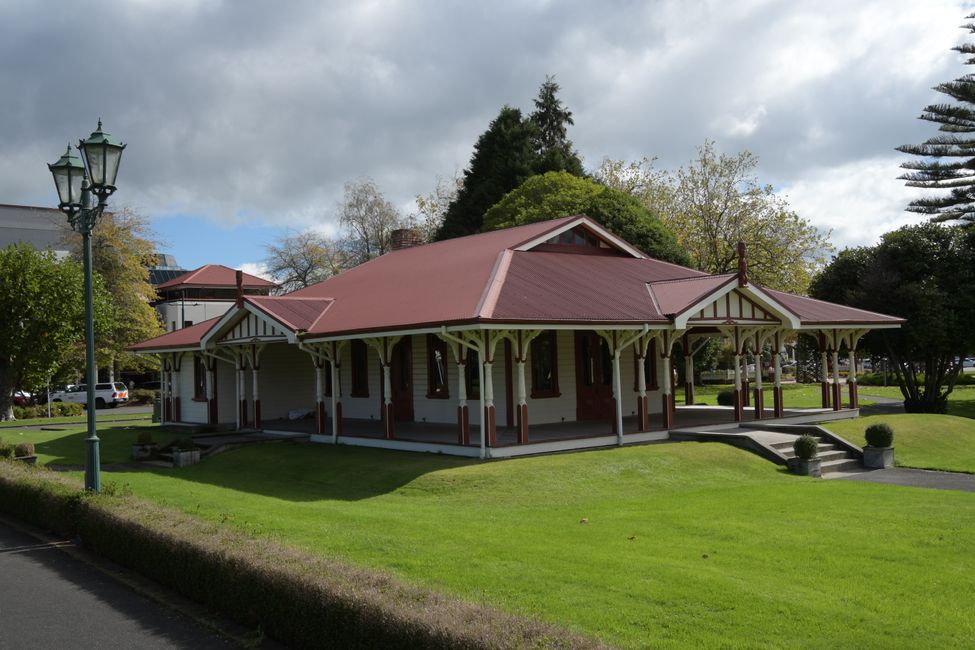
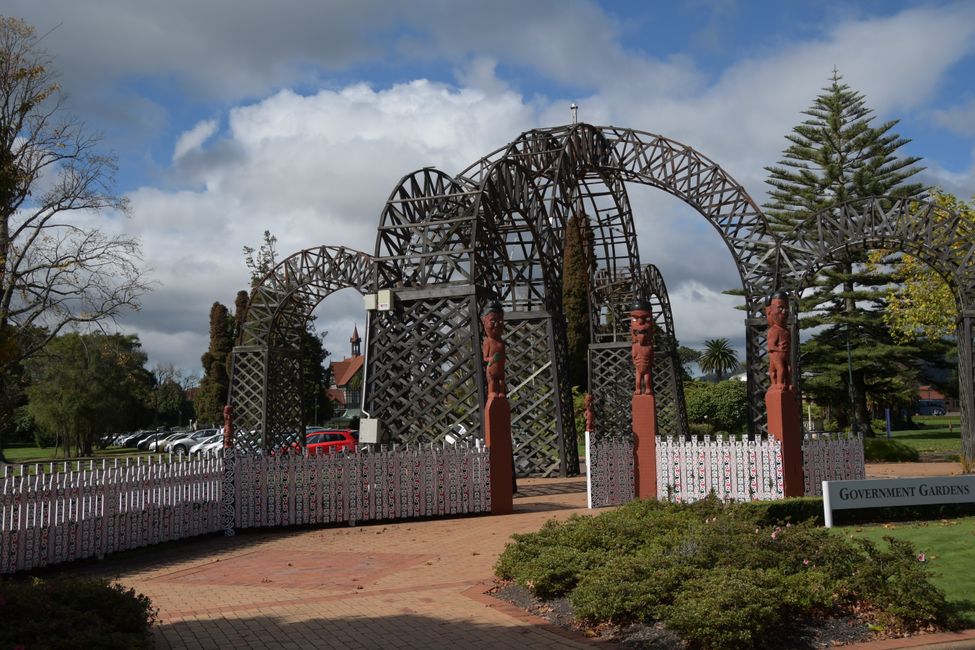
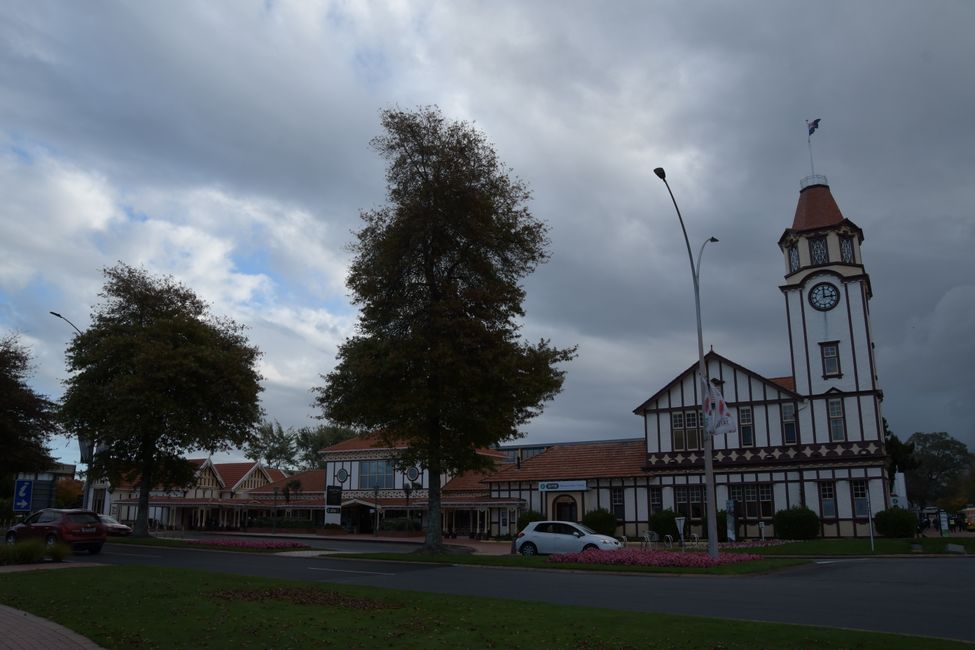
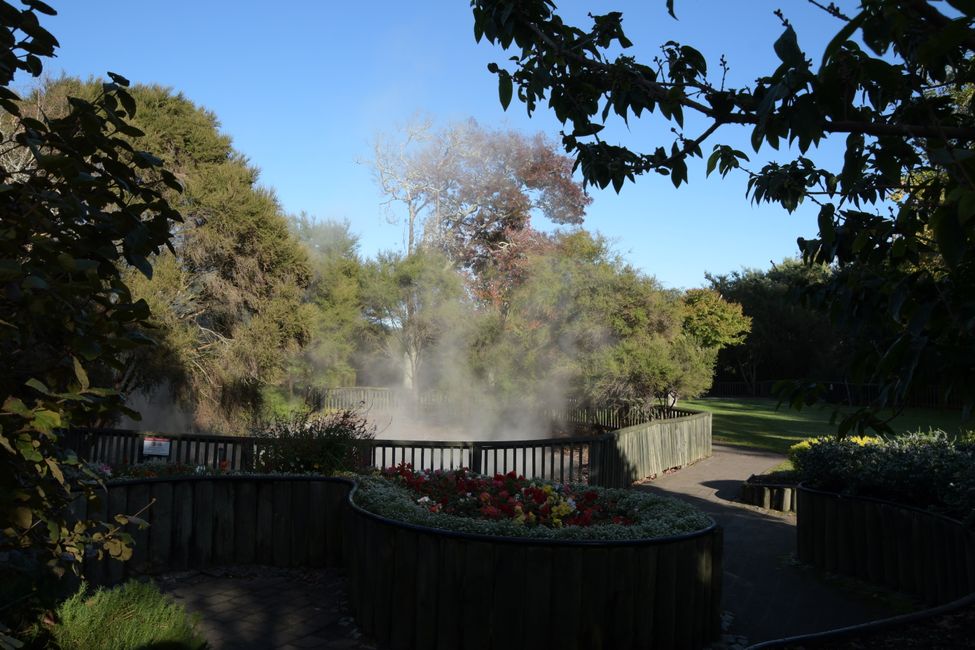
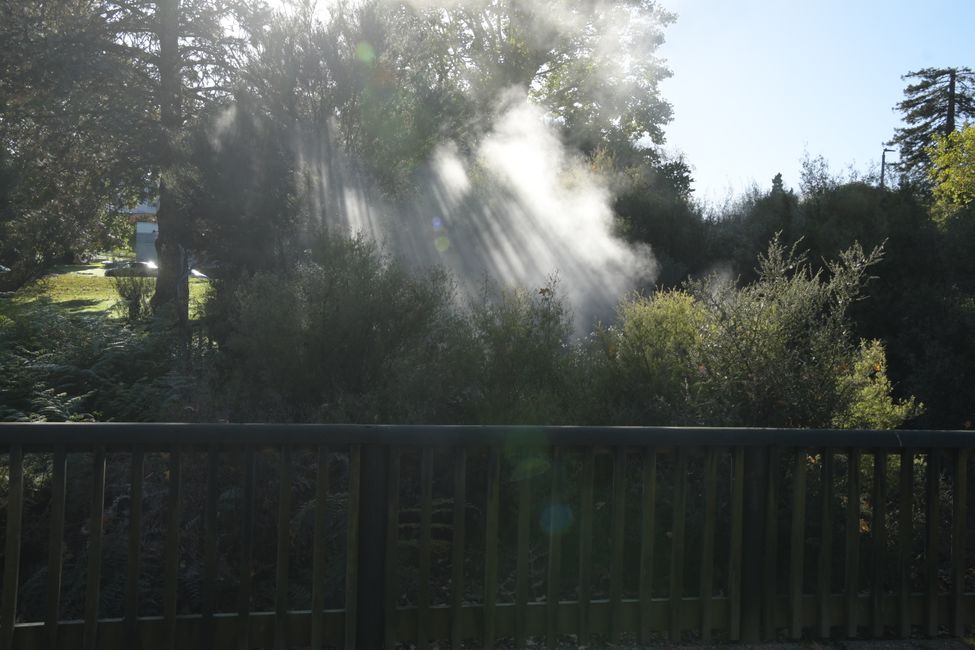
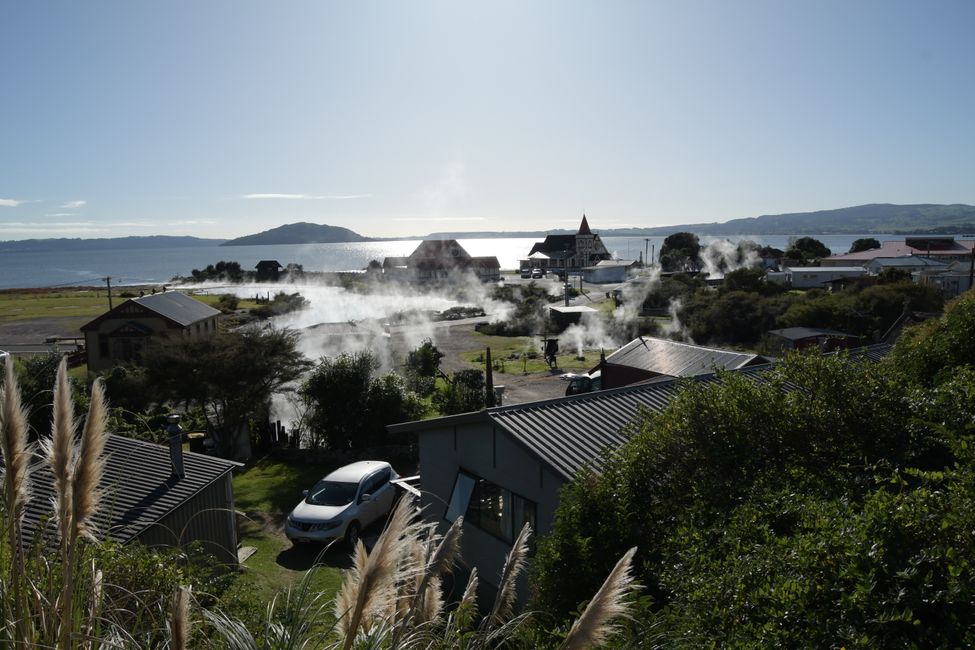
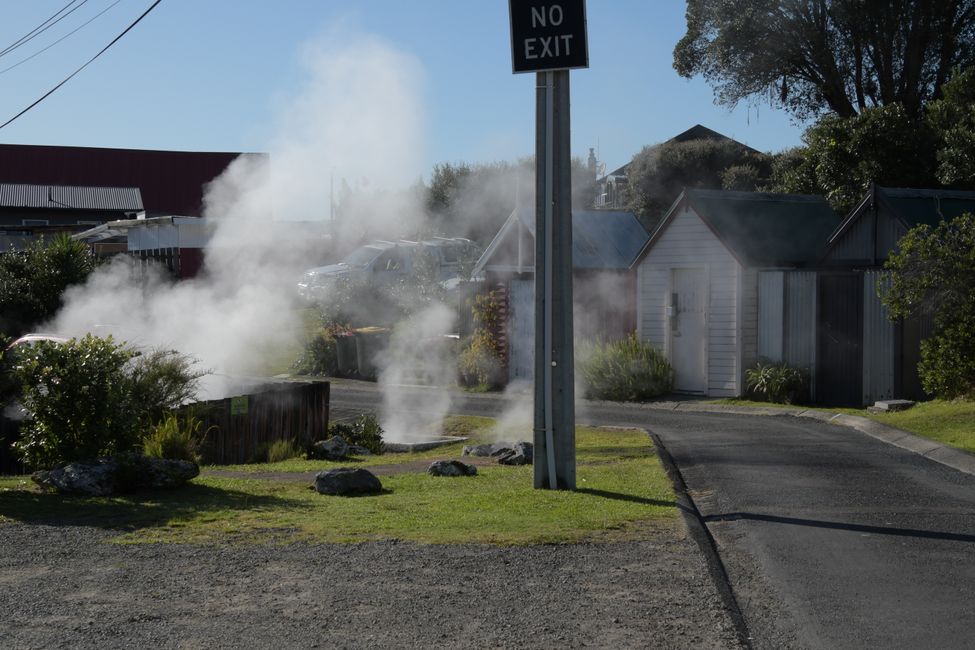
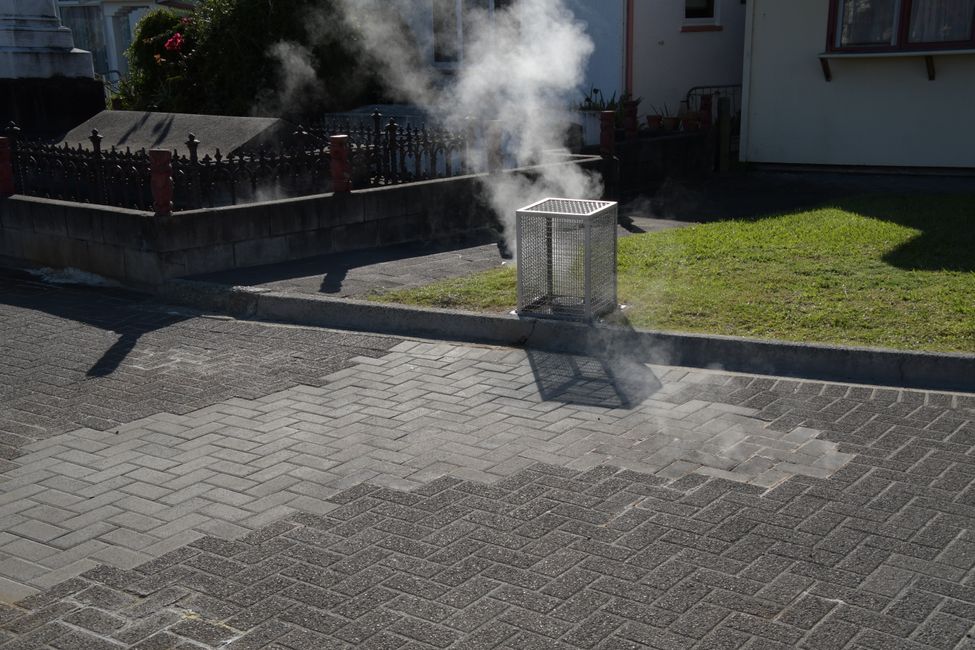
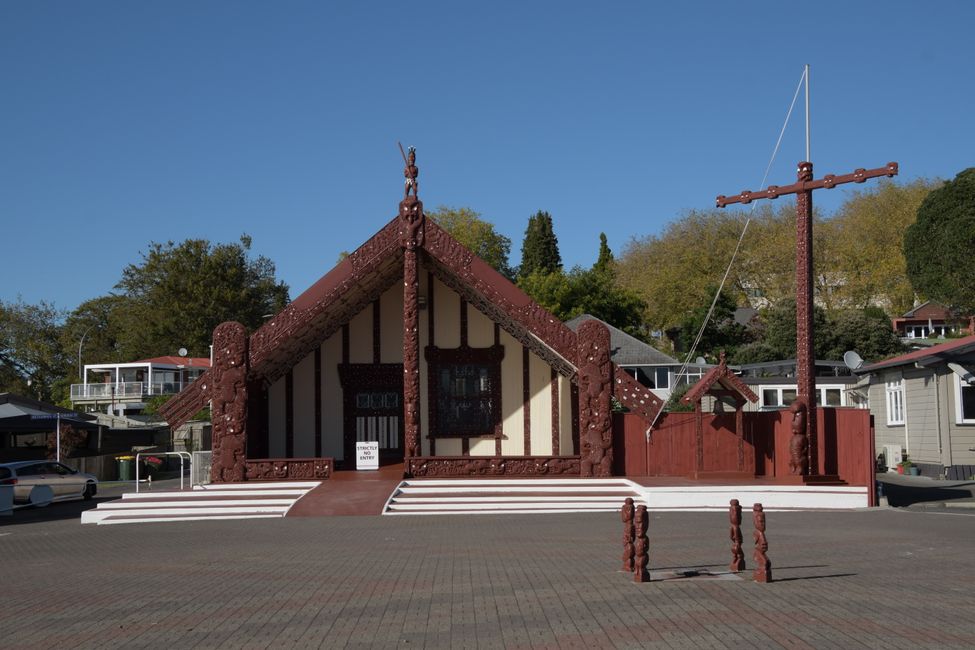
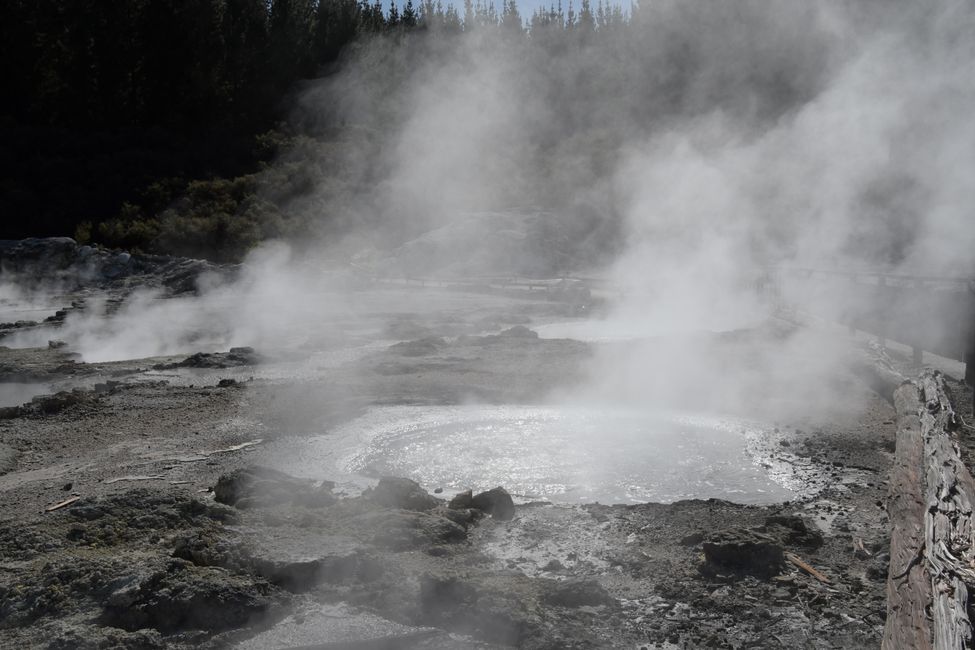
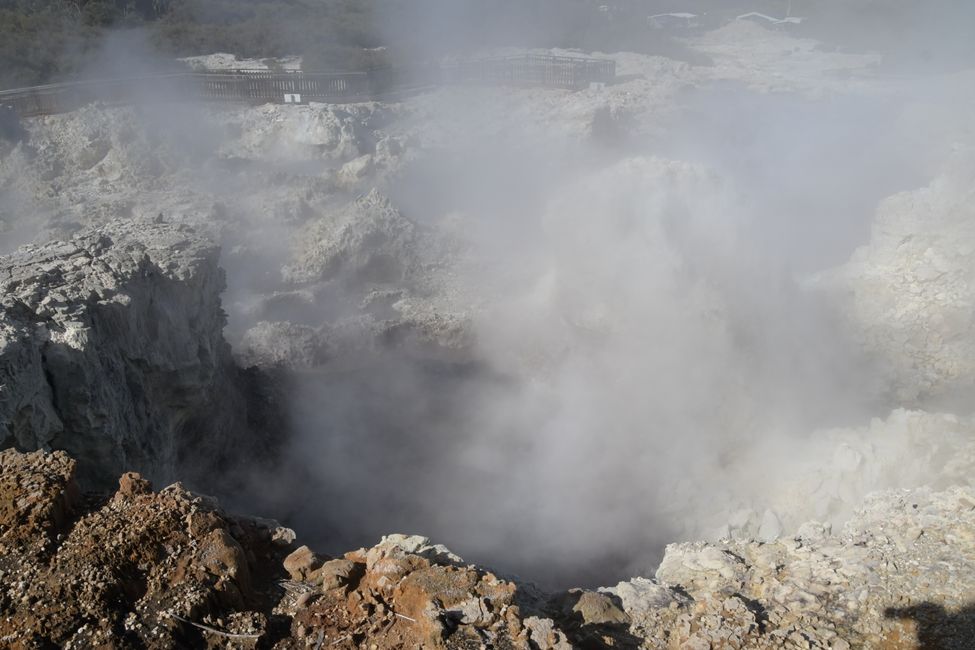
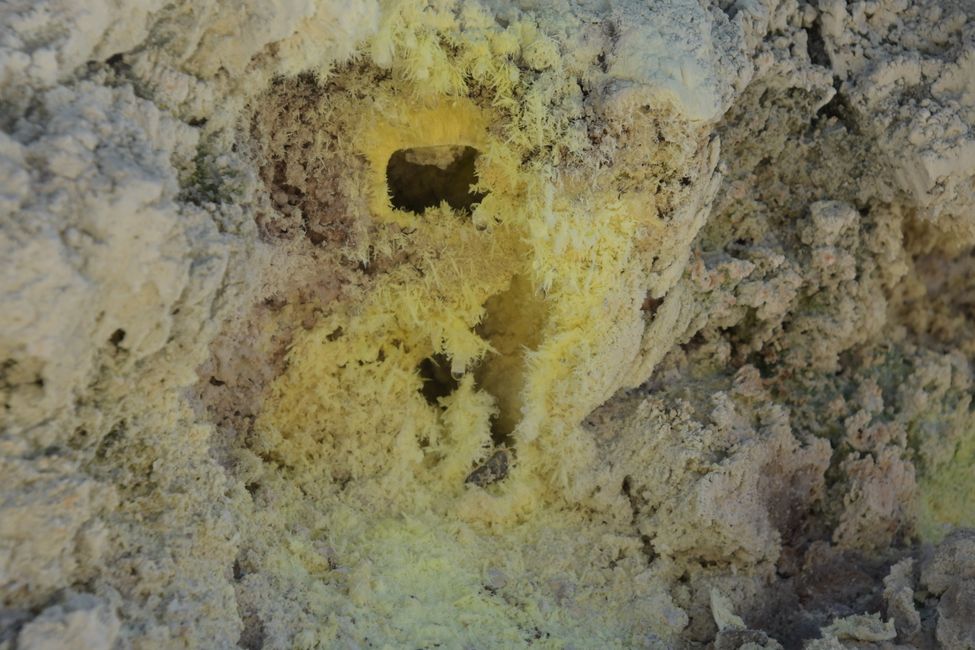
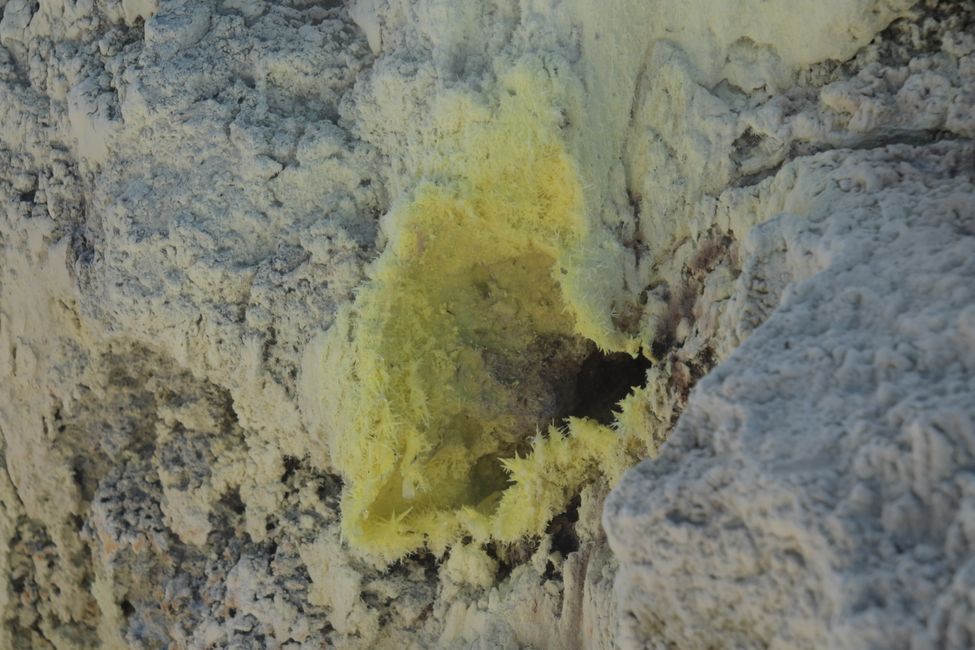
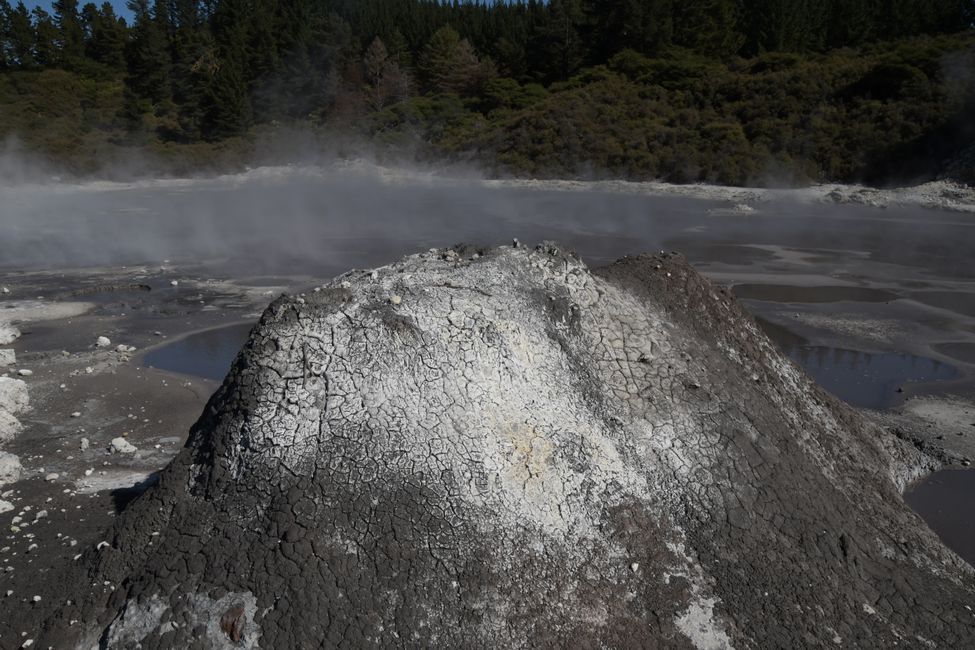
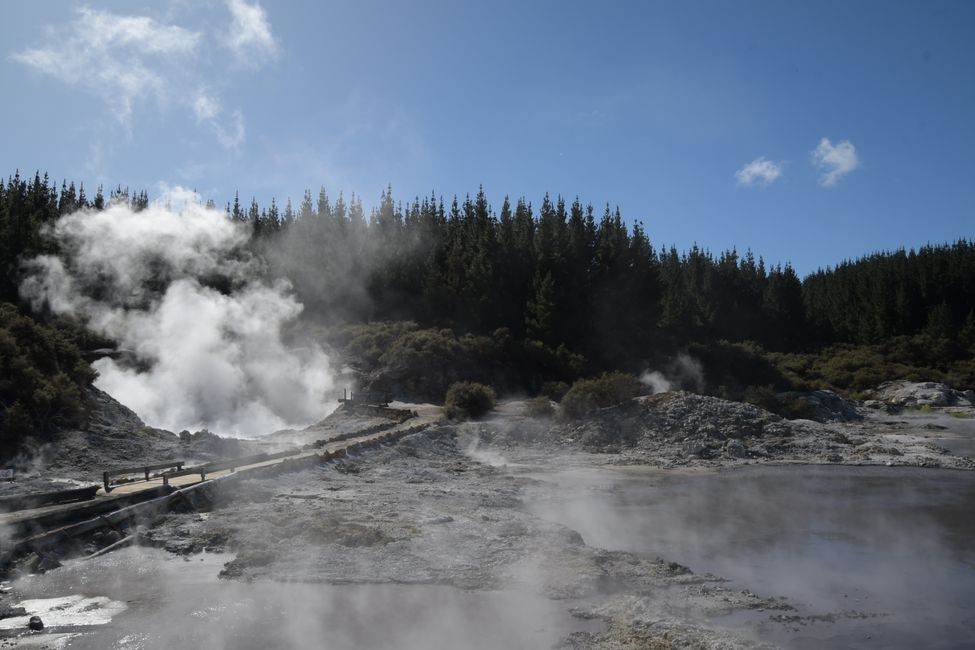
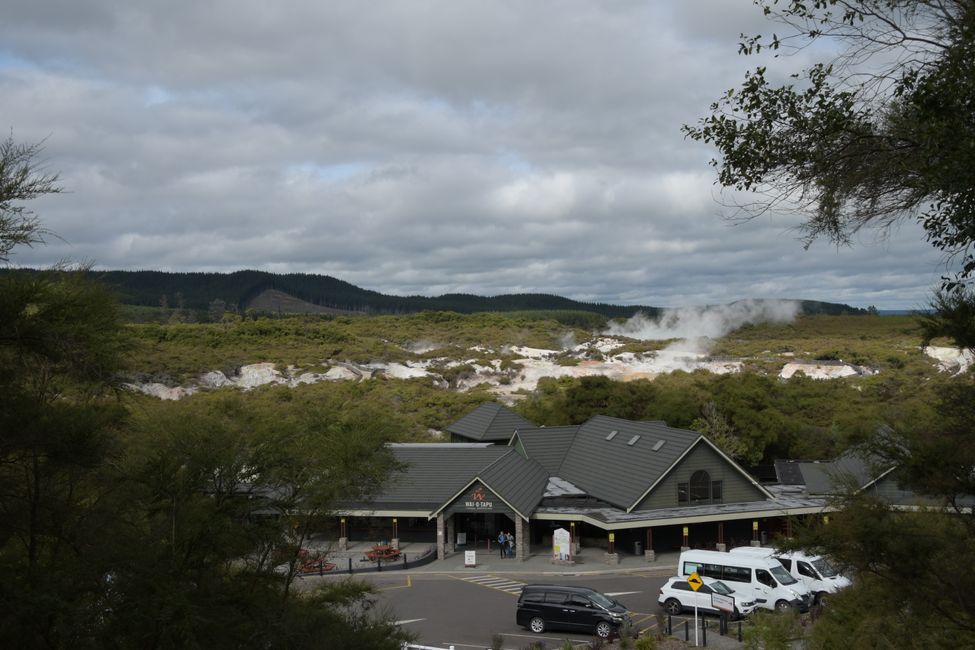
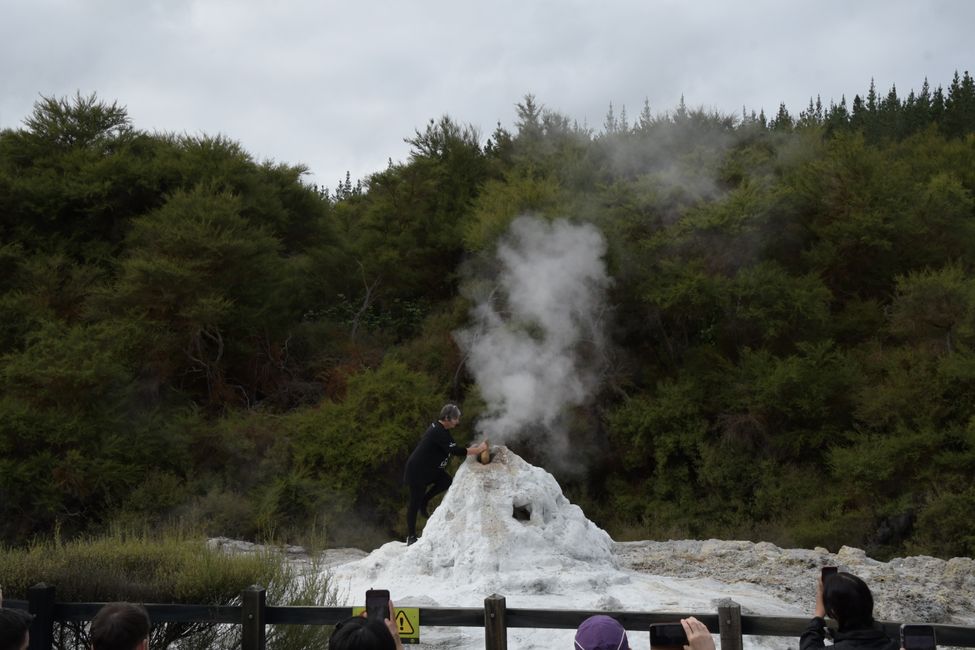
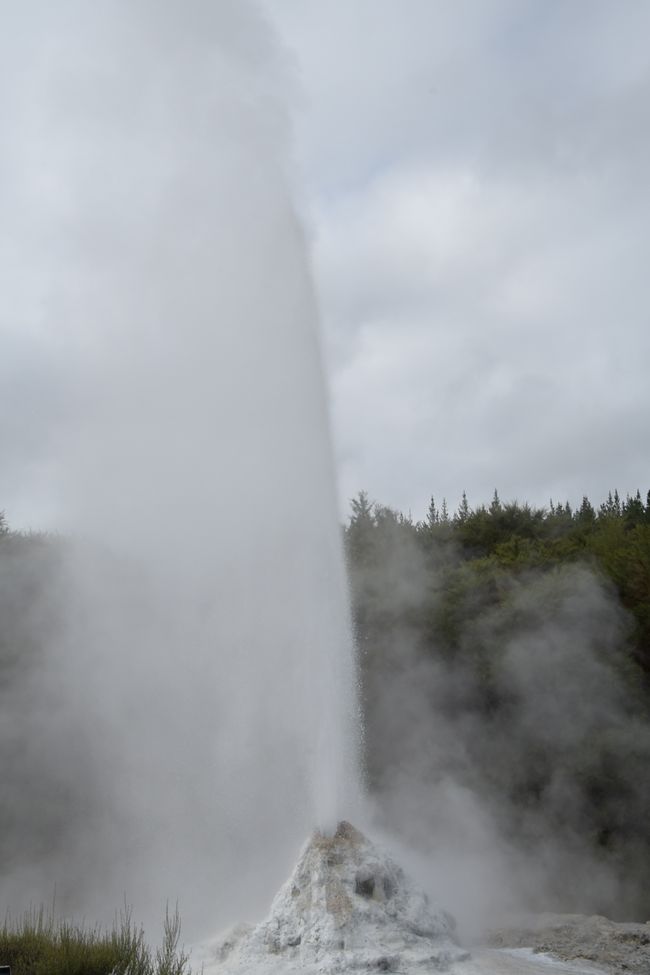
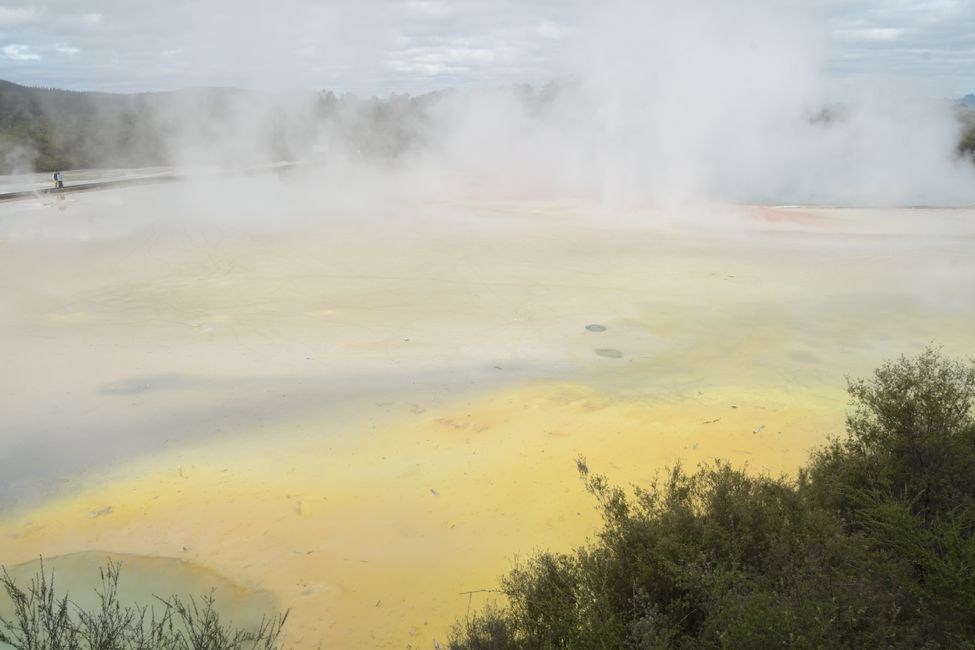
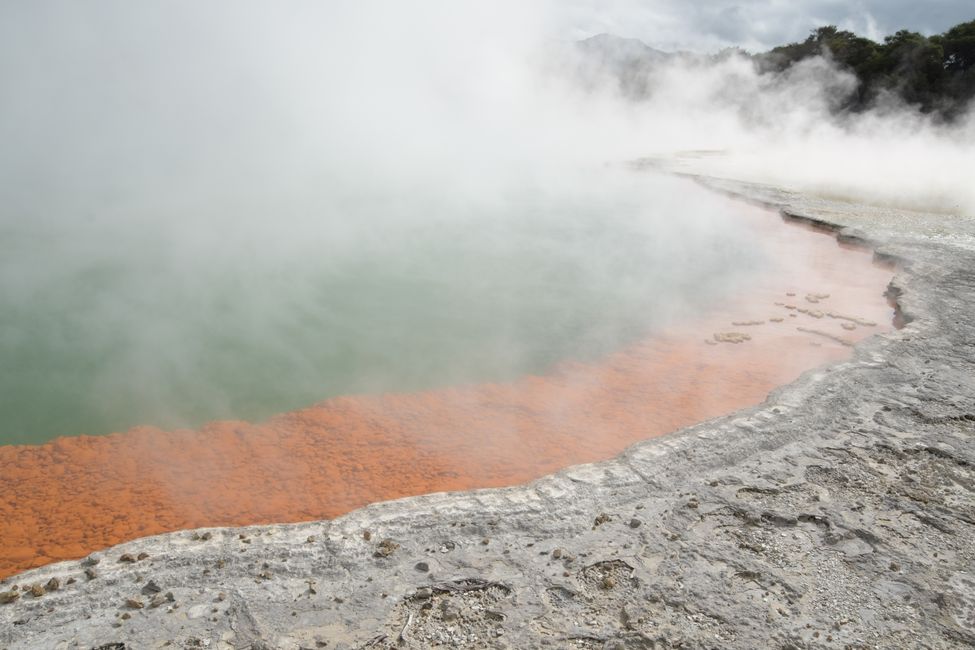
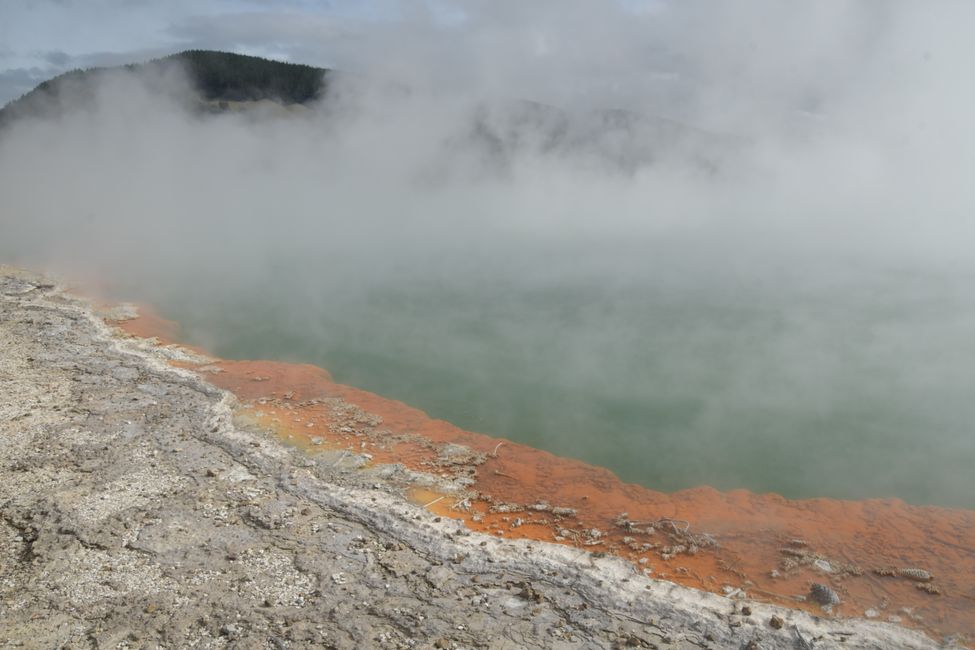
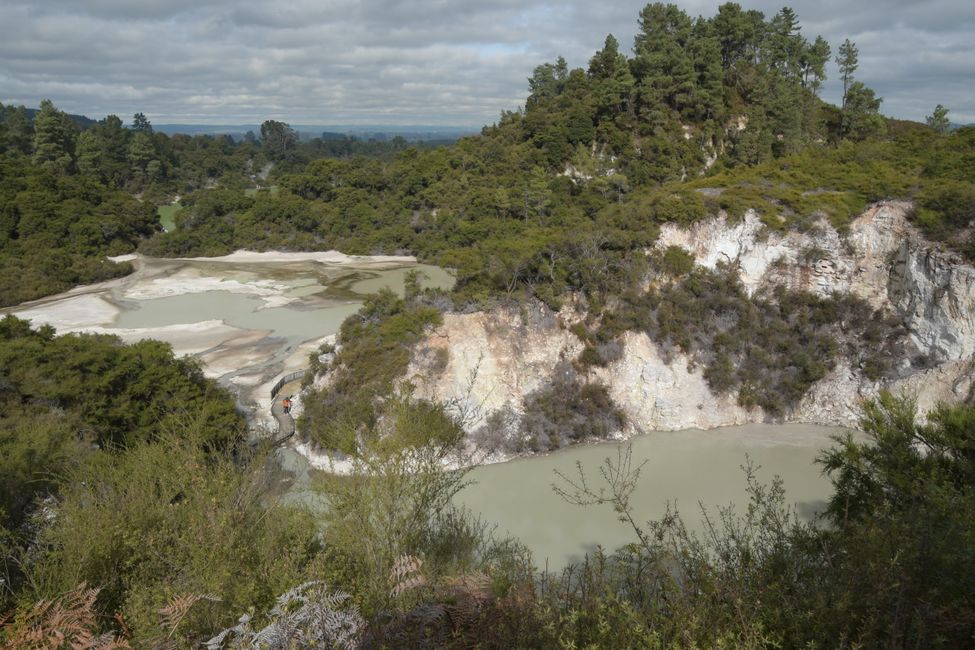
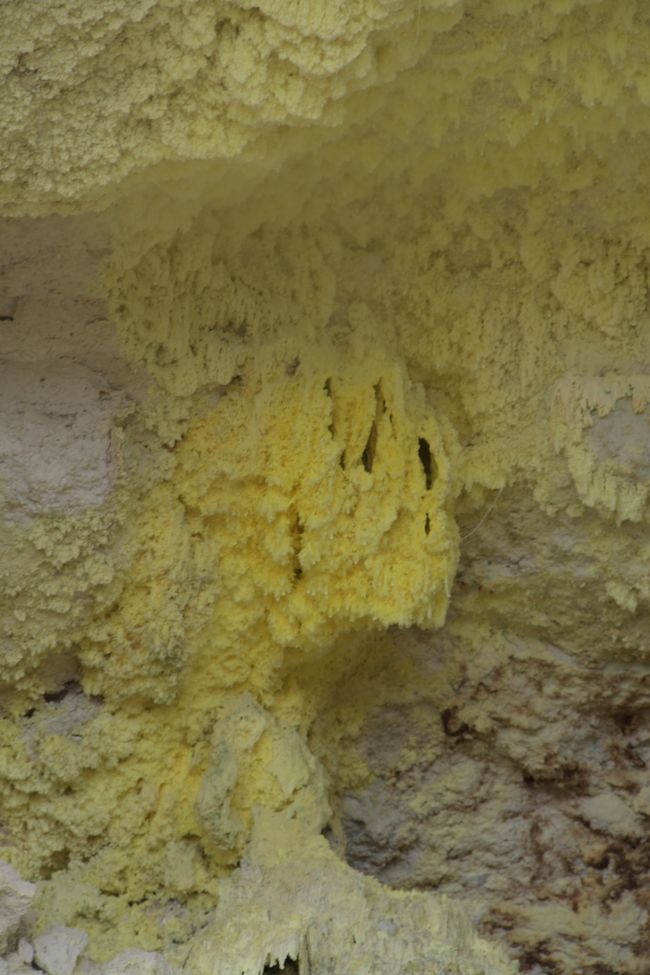
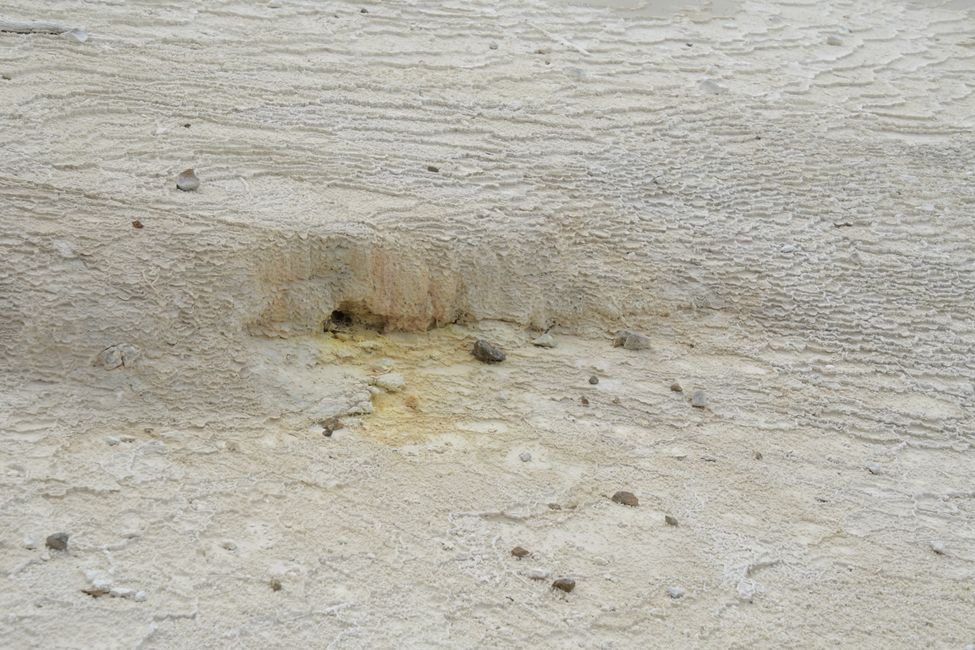
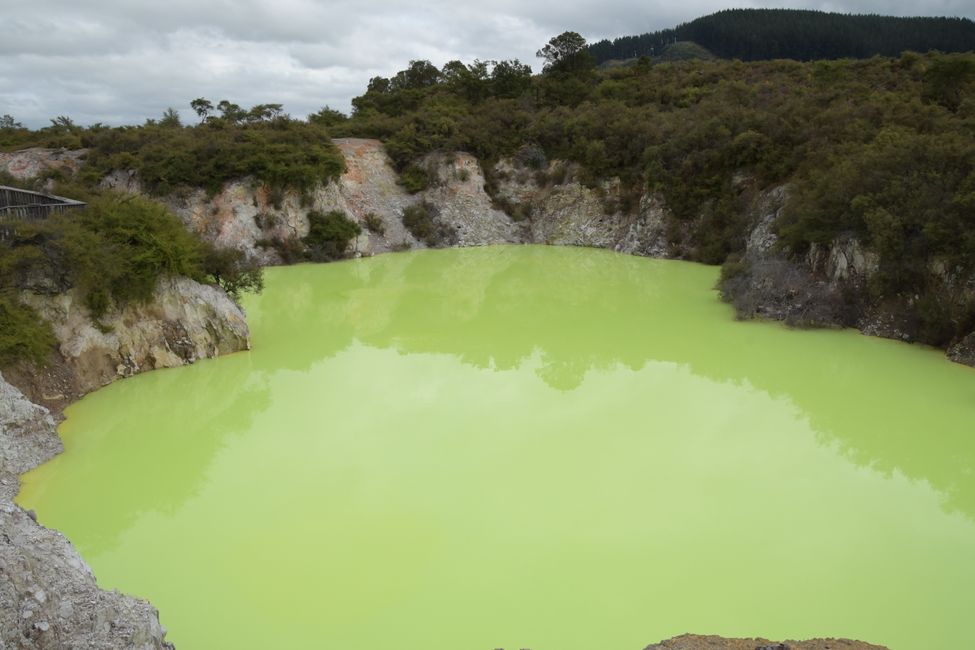
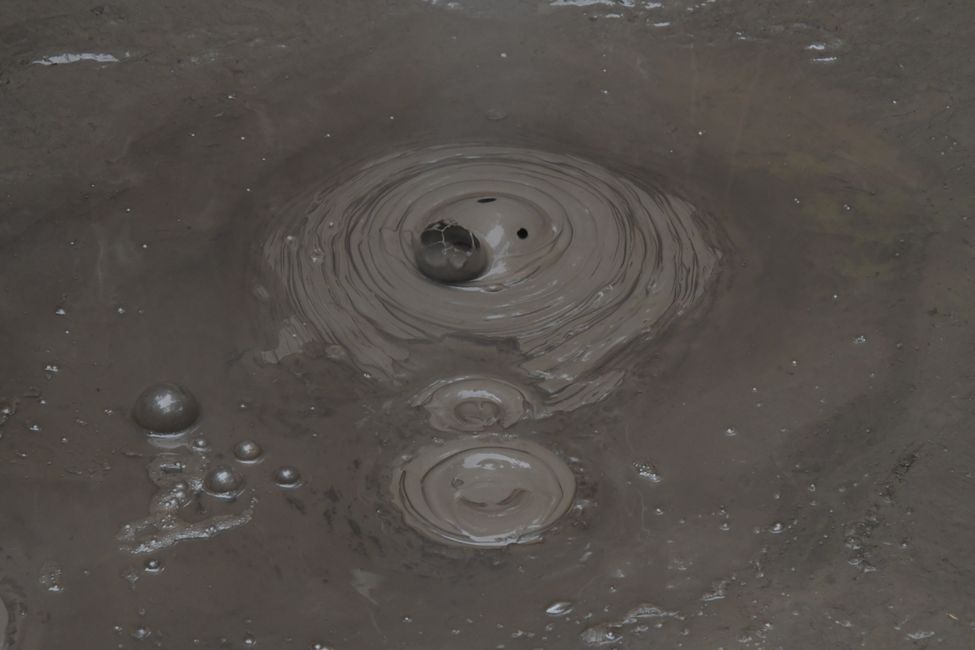
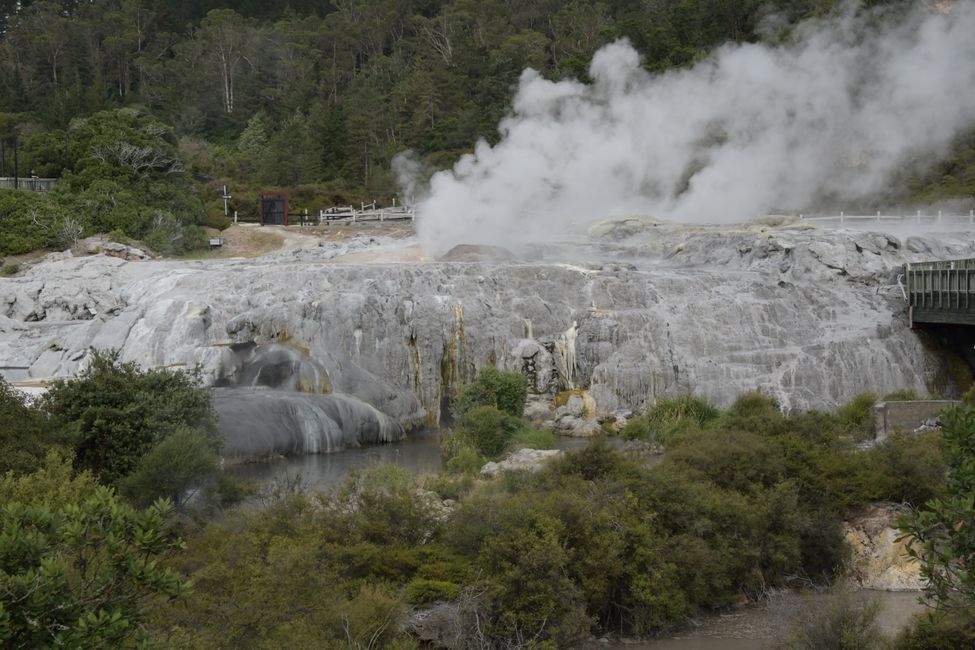
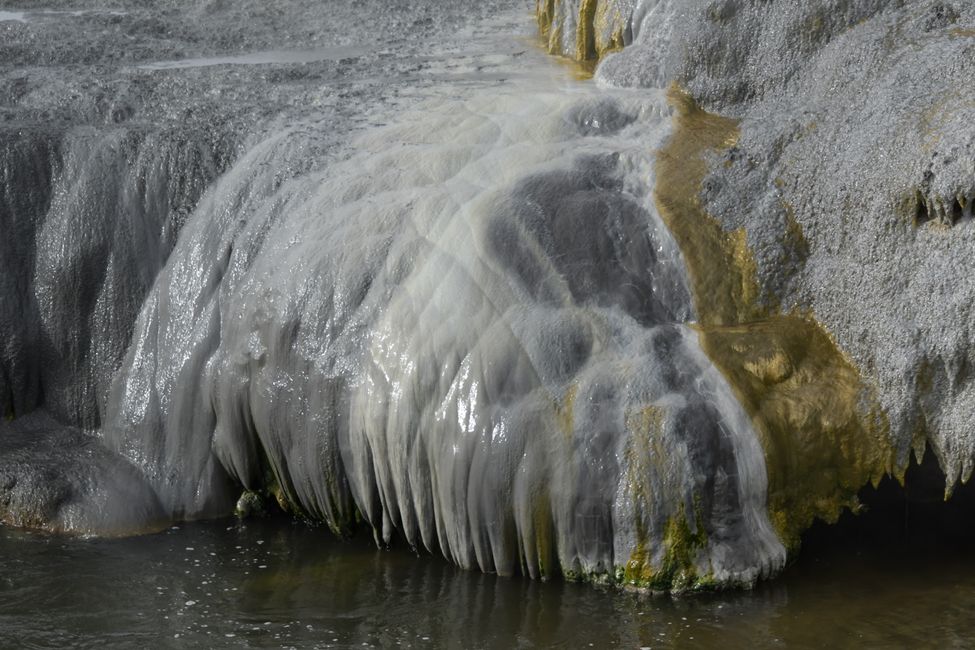
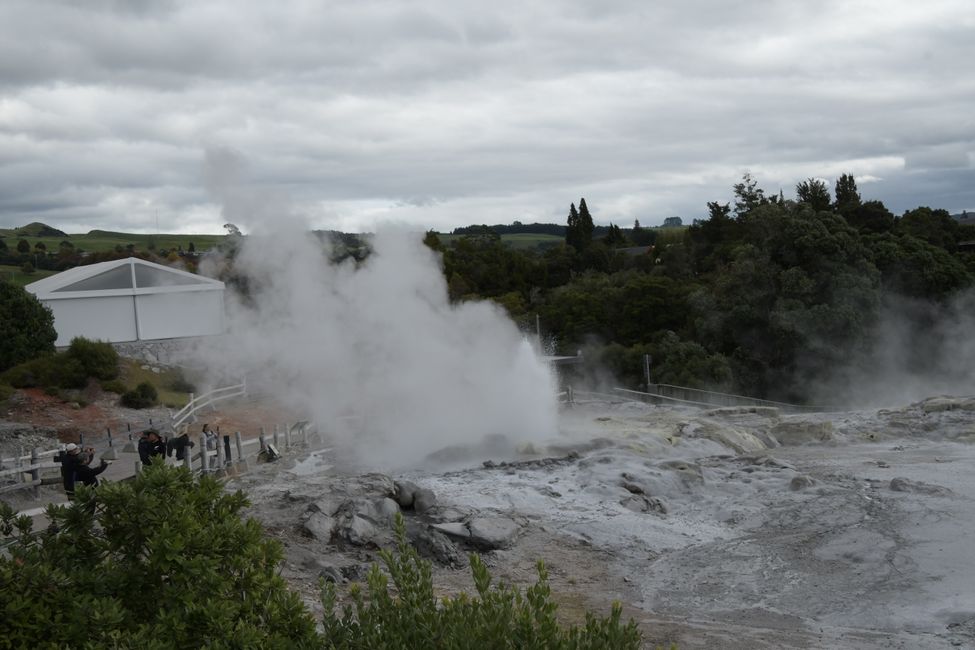
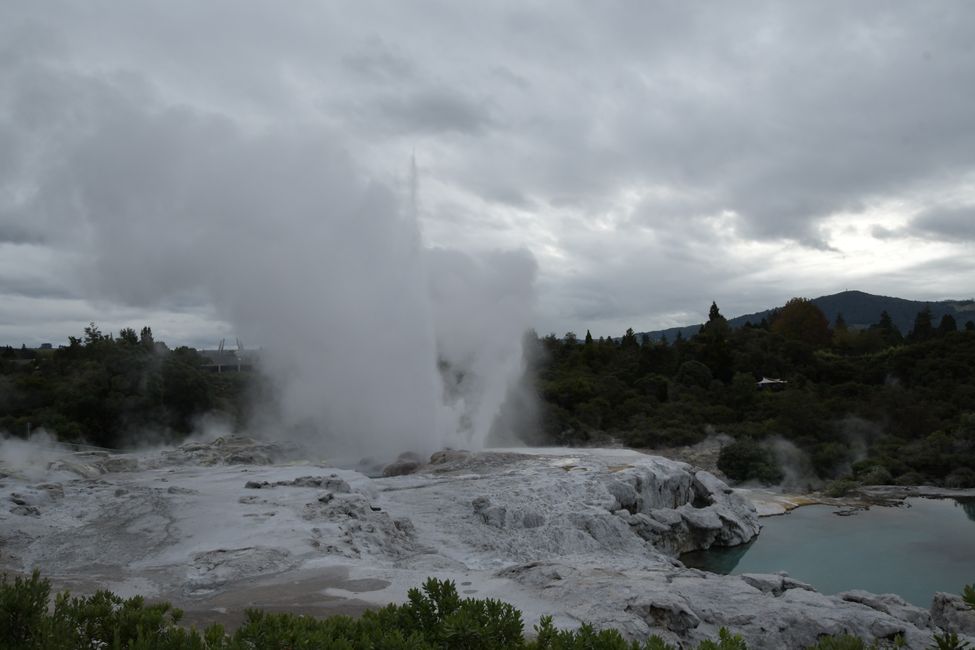
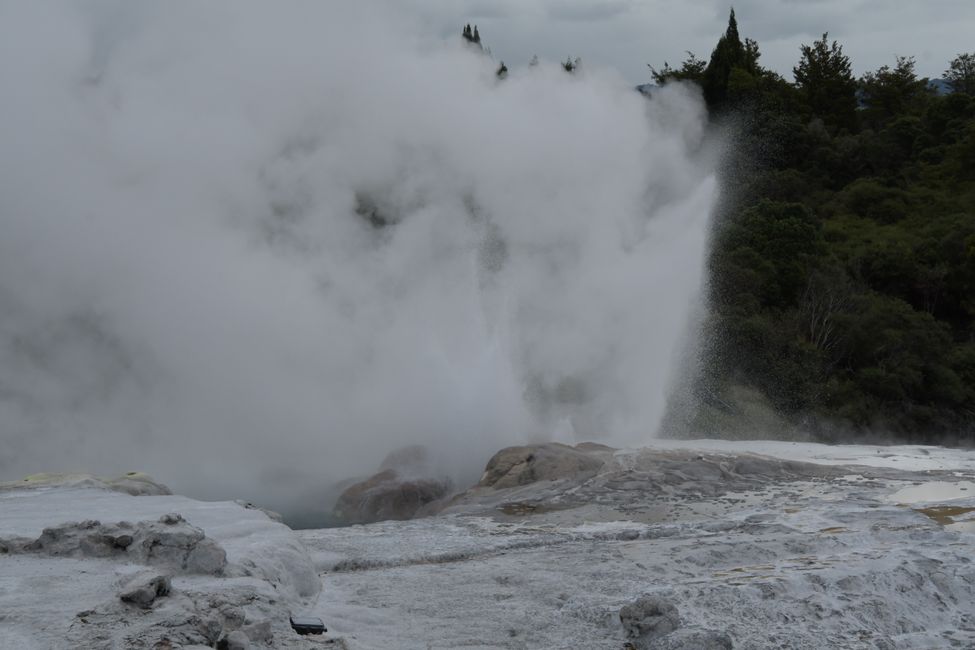
Pretplatite se na Newsletter
There wasn't much left of the North Island: we had already been to the south, west, north and even the middle. And even though Cyclone Gabriella was 9 weeks ago, visiting the east is still not recommended. Almost all tourist spots there are also marked as 'temporarily closed' on the internet, so a visit this time would not be very worthwhile.
So we ventured a little further east and drove to Rotorua. Rotorua is New Zealand's capital of smell. Thanks to the many steam outlets, boiling waters, and minerals located in the city, it constantly smells like sulfur compounds ('rotten eggs'). But it is very conveniently located and allows for excursions in many directions.
On the way, we passed Mount Maunganui - a mountain that we had gotten to know when picking up our daughter from her NZ study year abroad and have liked ever since. In Rotorua, we had 3 days. Day 1 was spent at a kiwi breeding station (no photography allowed) and visiting Mount Tarawera - a volcano that split lengthwise only 140 years ago during an eruption.
On Day 2, we checked off one of the last white spots on our NZ map and visited Te Urewera National Park. The journey there and back each involved 80km of gravel road, which the male M likes to drive (the female M not so much). In our usual manner, we climbed a mountain range and looked down at Lake Waikaremoana.
Day 3 was the classic Rotorua program - we visited some of the so-called 'geothermal areas' in the vicinity to see boiling mud and the like. However, we made a mistake: Wai-o-tapu - a must-do on our list - was closed on Wednesdays (= Day 3) and Thursdays. We didn't know that from previous visits and were not prepared at all for the closure :-(. Instead, we visited a new place for us (Orakei Korako) and a place we were already familiar with (Waimangu Volcanic Valley) thermal area and then walked around the town a bit.
Even on the day of departure (towards Auckland, the last stop before the return flight), we continued our focus on geothermal areas. First, we visited the causes of the pungent smell in the town (there are several places in the city where steam comes out of the ground and/or hot springs can be seen) and then we went to Hell's Gate. In between, we paid the entrance fee (or donation, as you like) at the kiwi breeding station once again because a kiwi had just hatched yesterday, which (a) was worth seeing and (b) was sooo cute (unfortunately, without pictures again).
As mentioned above, we were initially not able to visit Wai-o-tapu. We also saw another egg in the kiwi breeding station that already had a small hole, and the kiwi was expected to hatch the following day. And last but not least, we had not yet visited the last major thermal area (Whakarewarewa or Te Puia) because it can only be visited as part of a guided tour, which we weren't really interested in. However, it was very difficult for us to miss out on the largest geyser in New Zealand (the Pohutu). The result of these 3 points was that, as always, ready for a little craziness, we used the second day in Auckland to drive the approximately 260 km back to Rotorua to catch up on what we missed. On the way, we stopped at the kiwi house and asked about the chick. We found out that it had just hatched a few minutes ago and were allowed to look at it for a few minutes in a short private session without paying the entrance fee (since we had just been there a short while ago) - so small and so cute and wobbly…. After that, we completed our visits to Wai-o-tapu and finally Te Puia and then calmly drove the 260 km back to Auckland… setting the distance record for our vacation on the last day.
Pretplatite se na Newsletter
Odgovor

Izvješća o putovanju Novi Zeland
